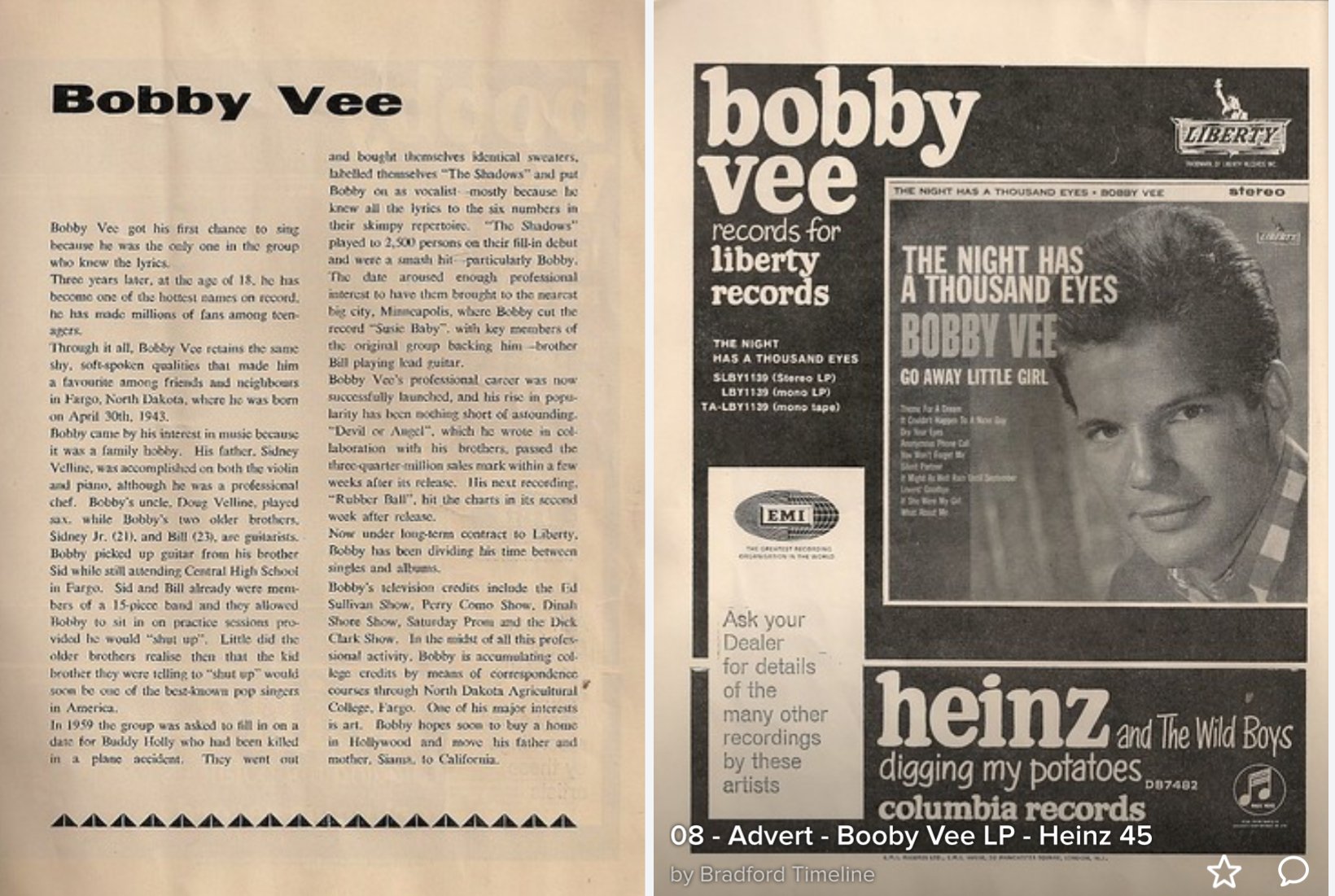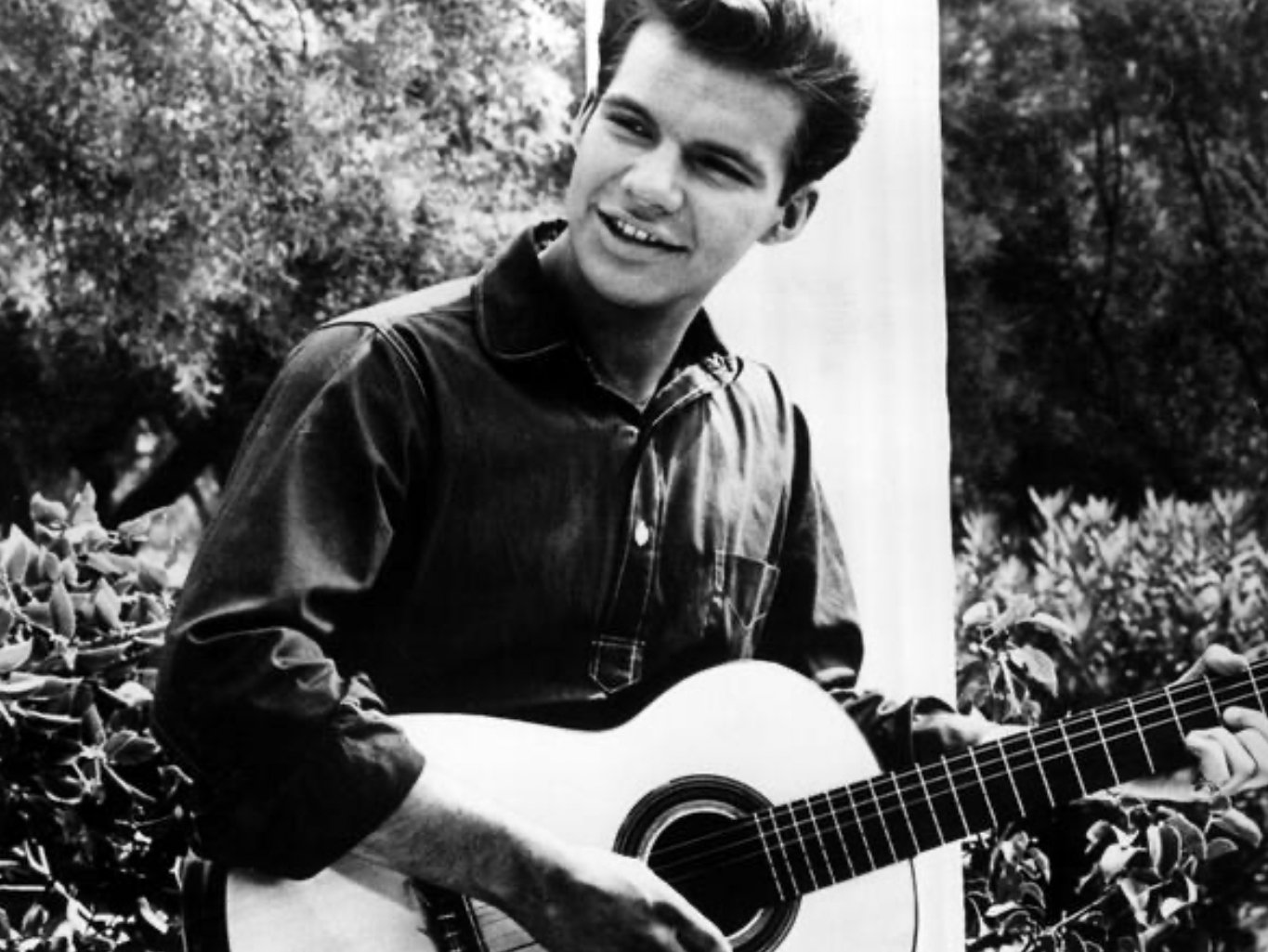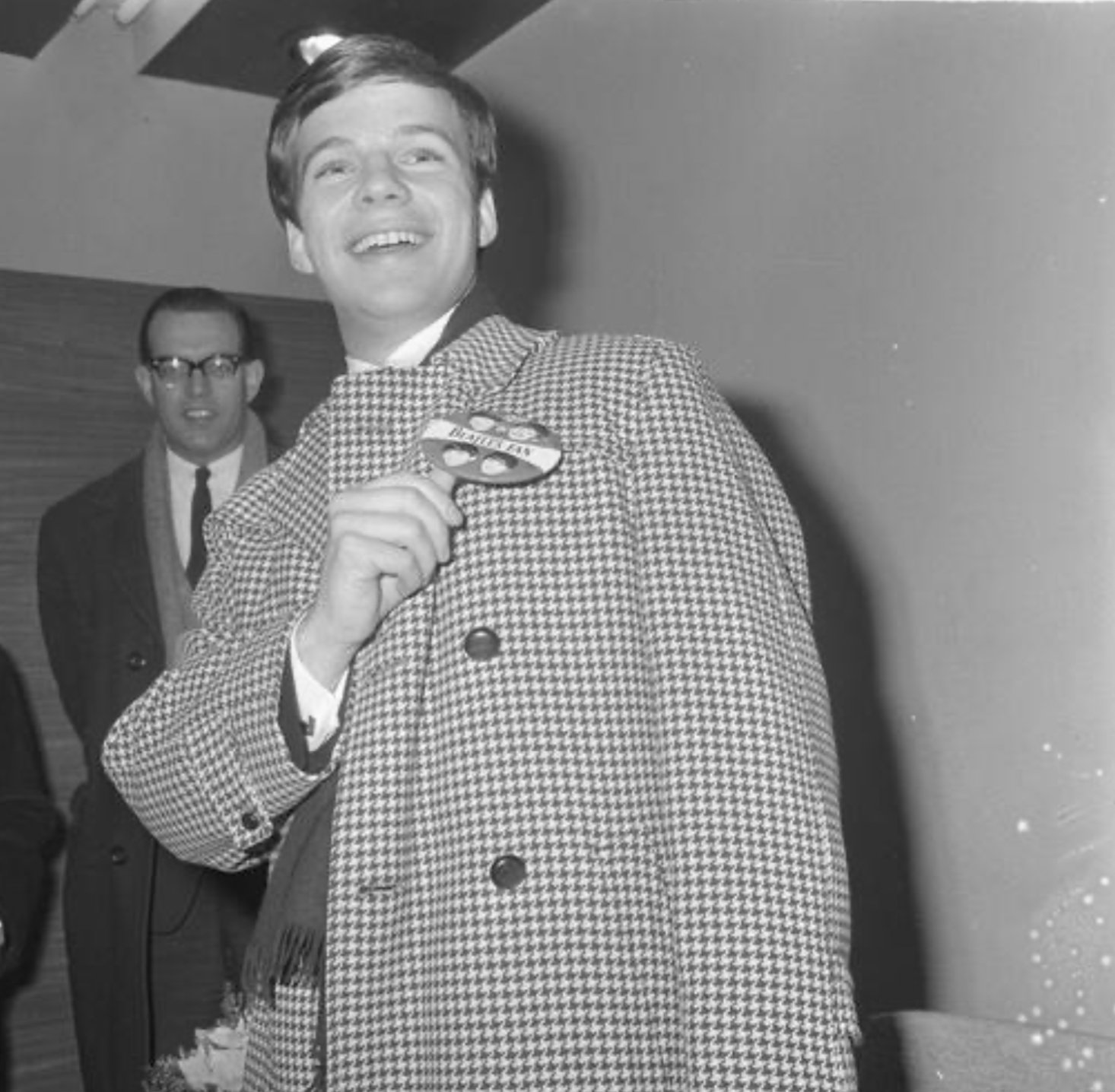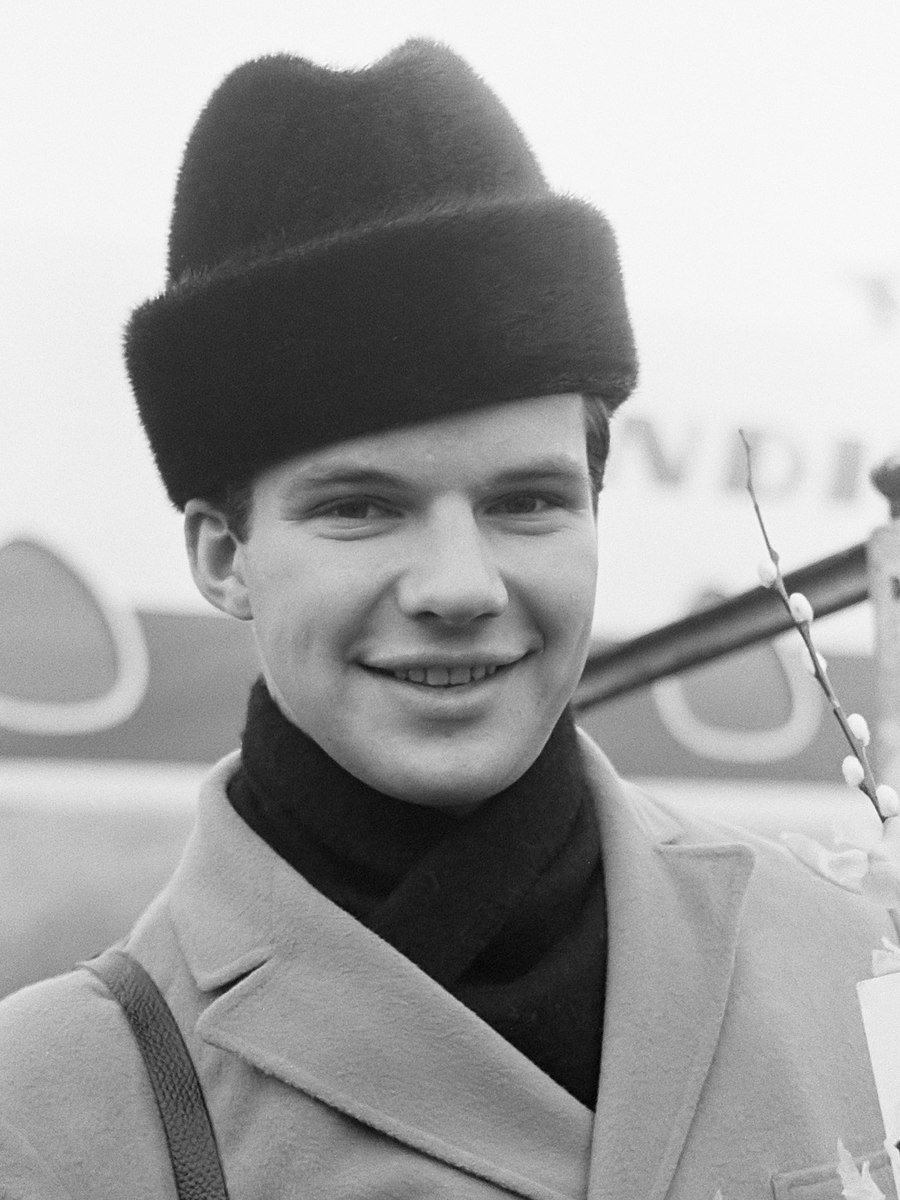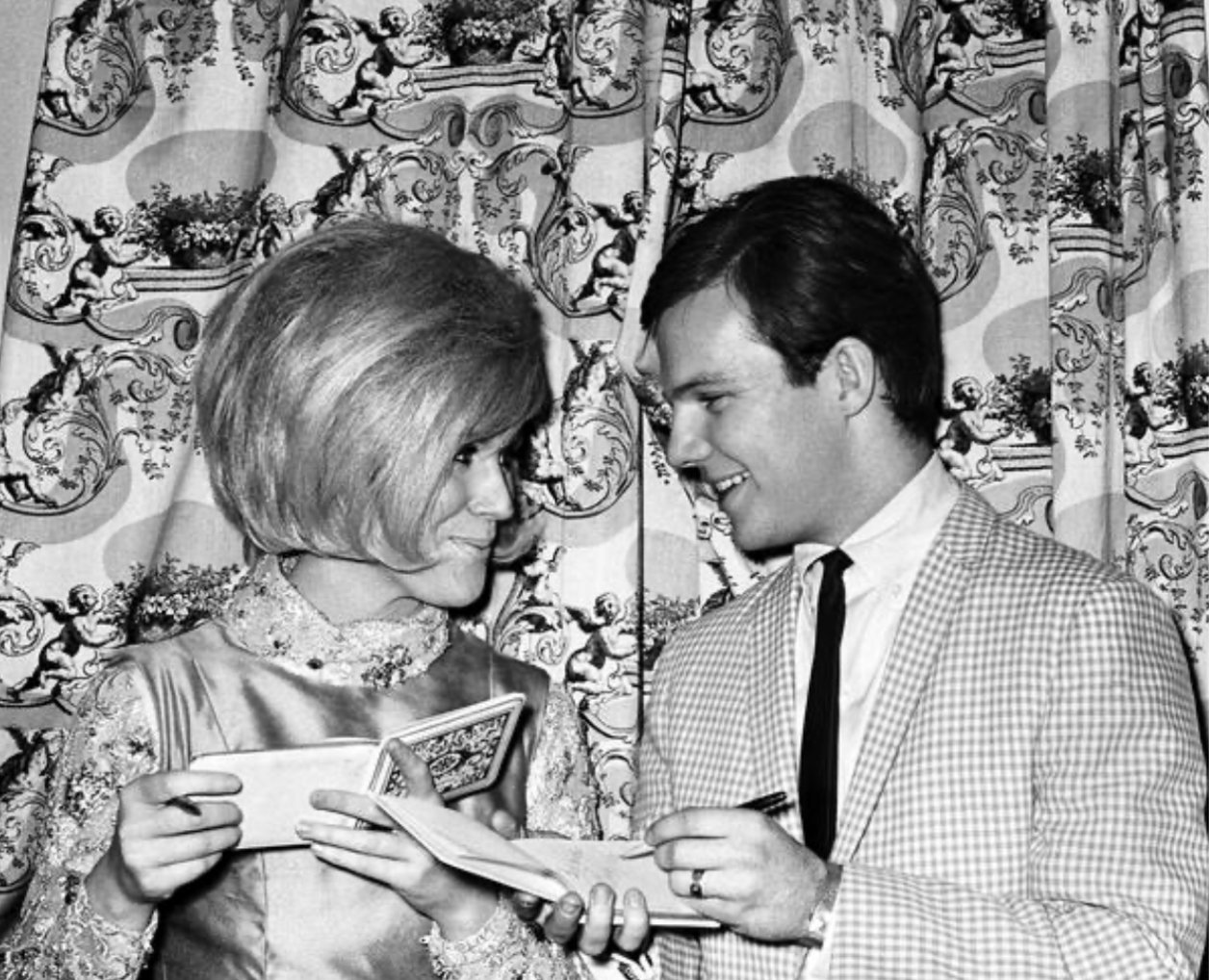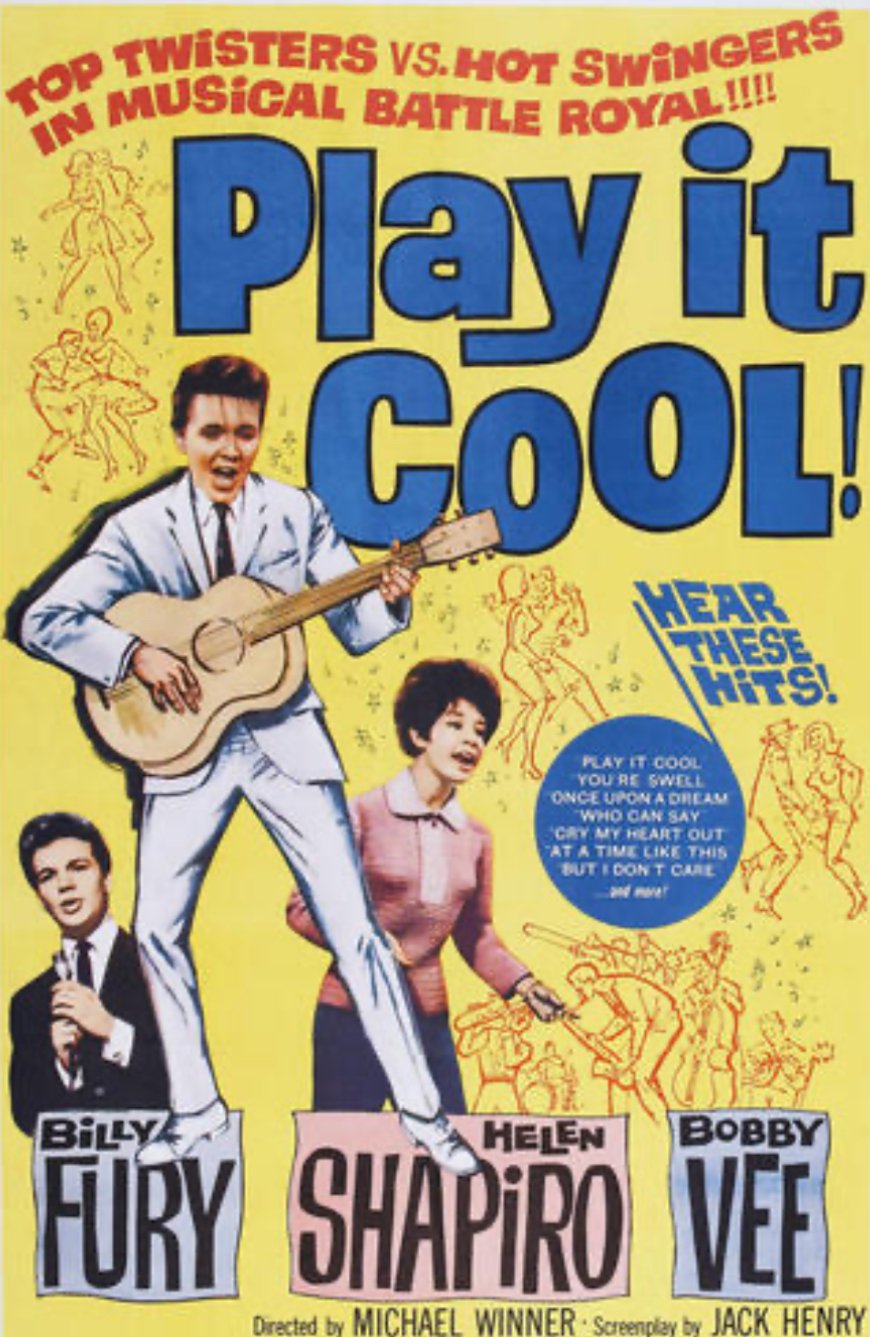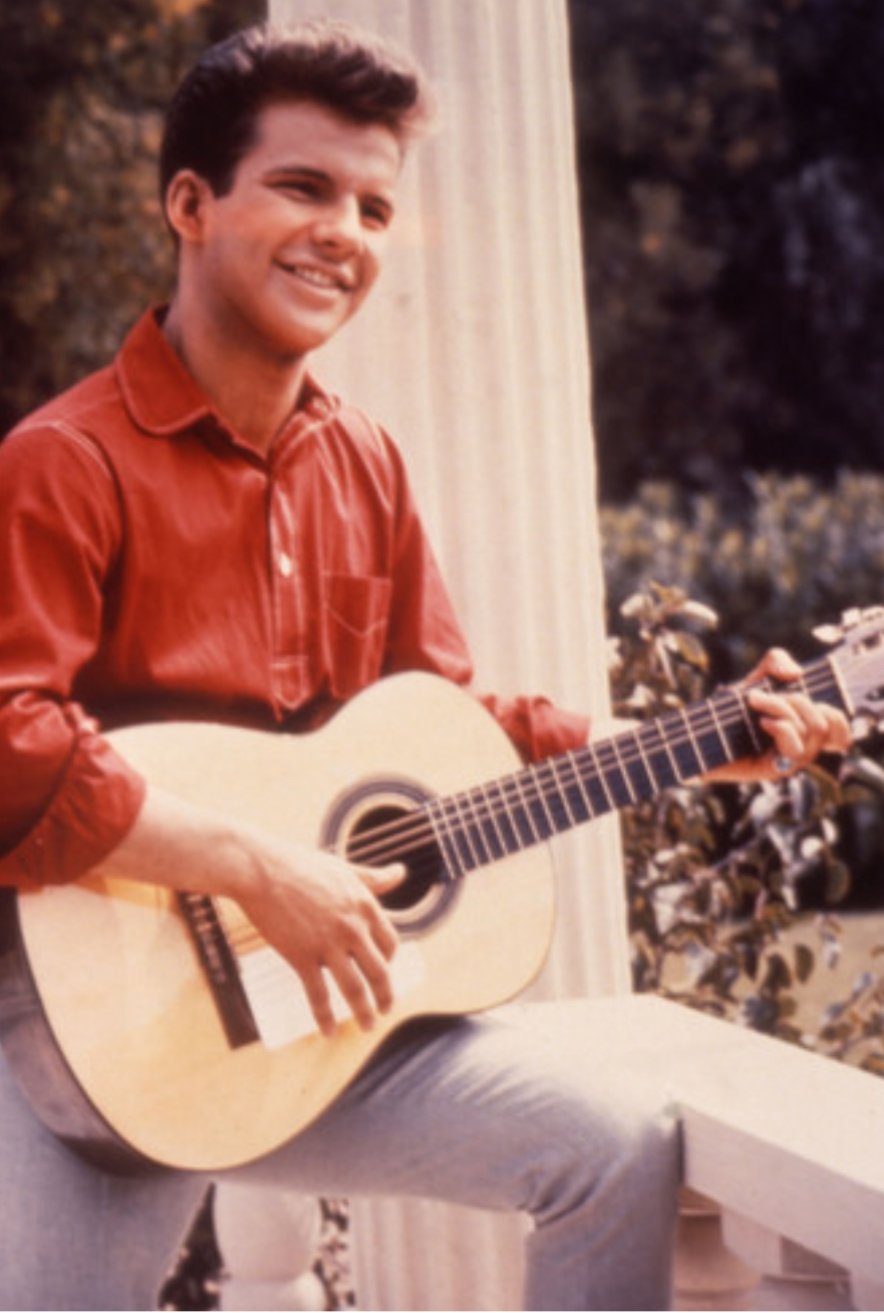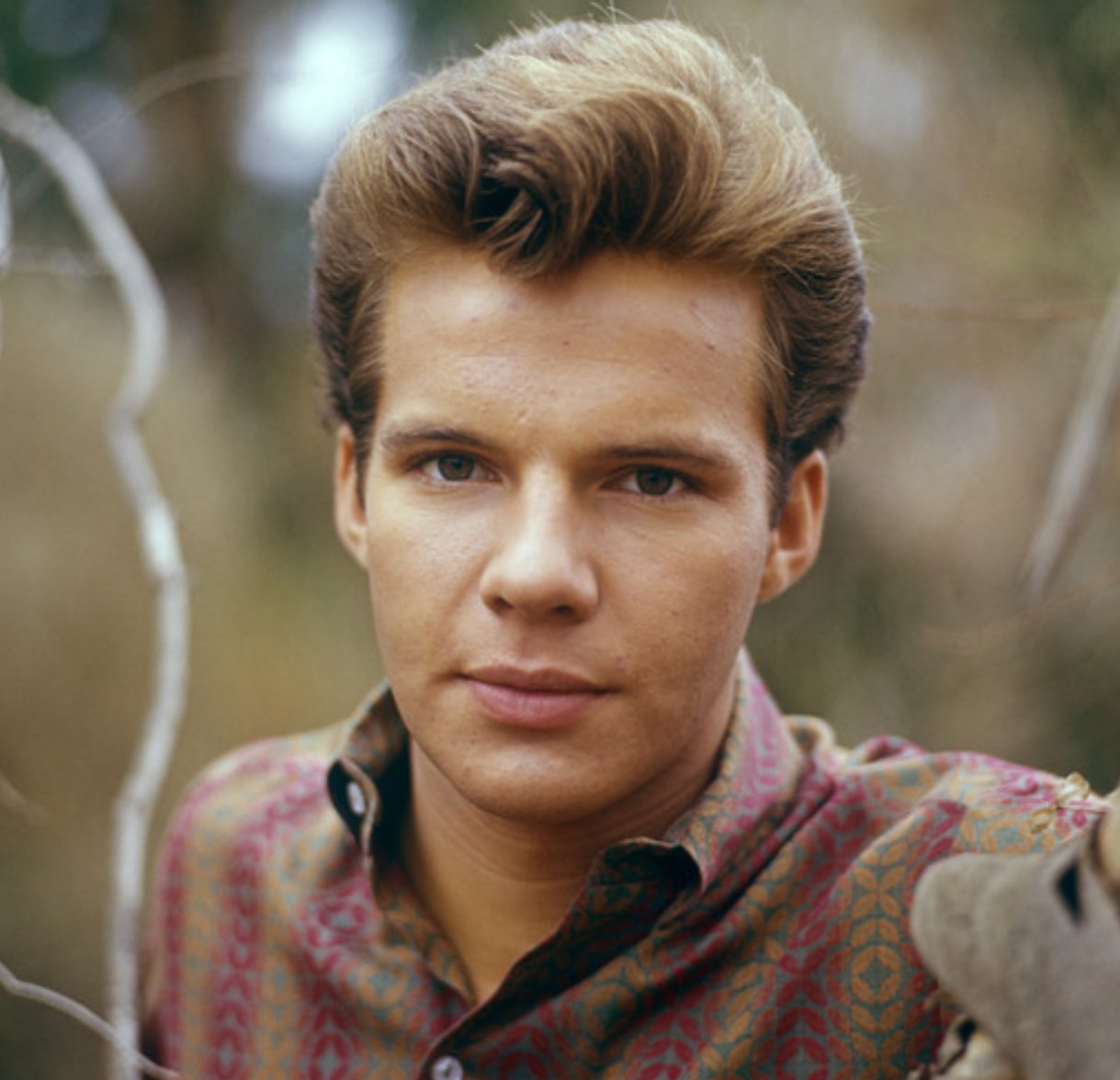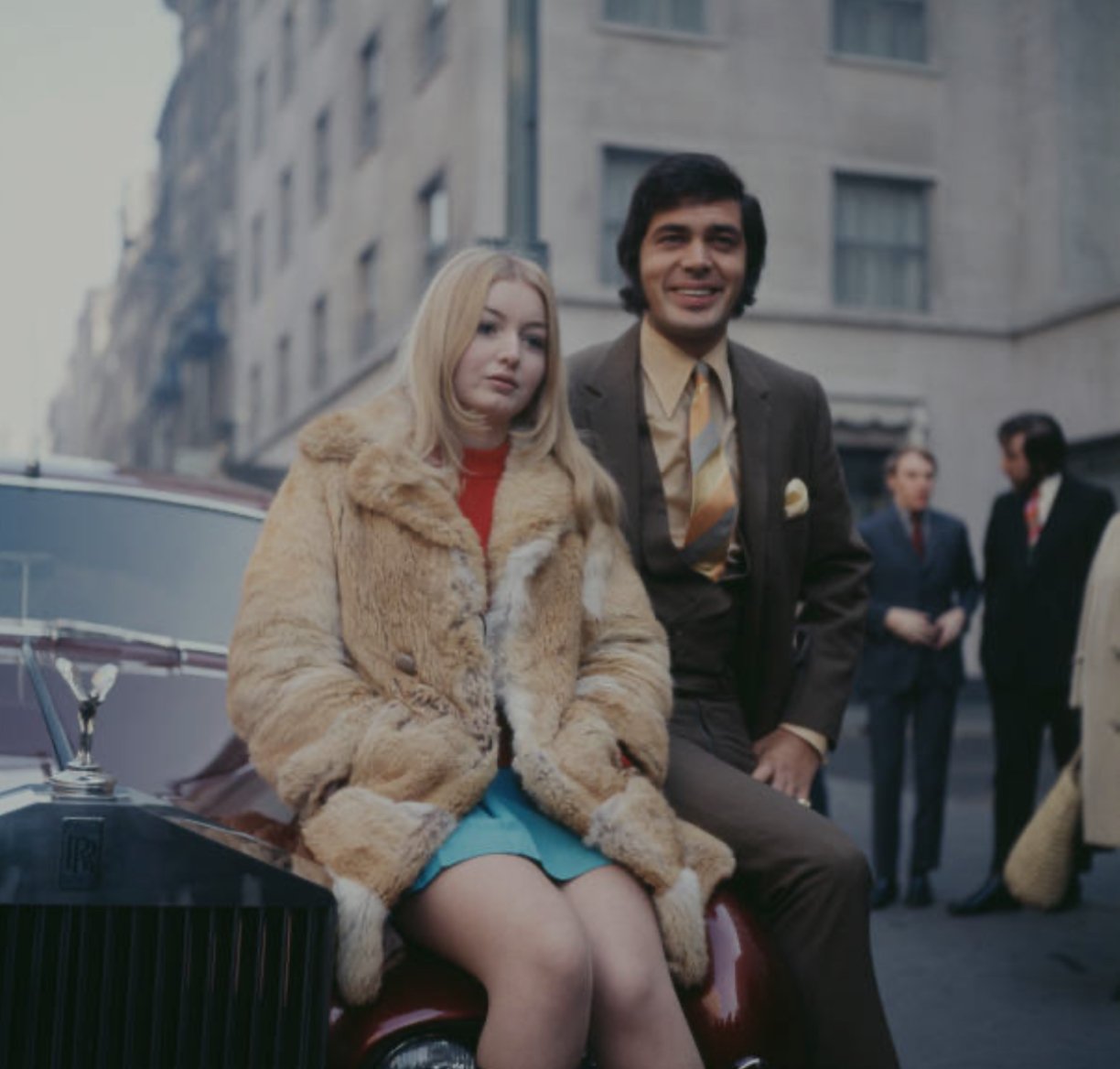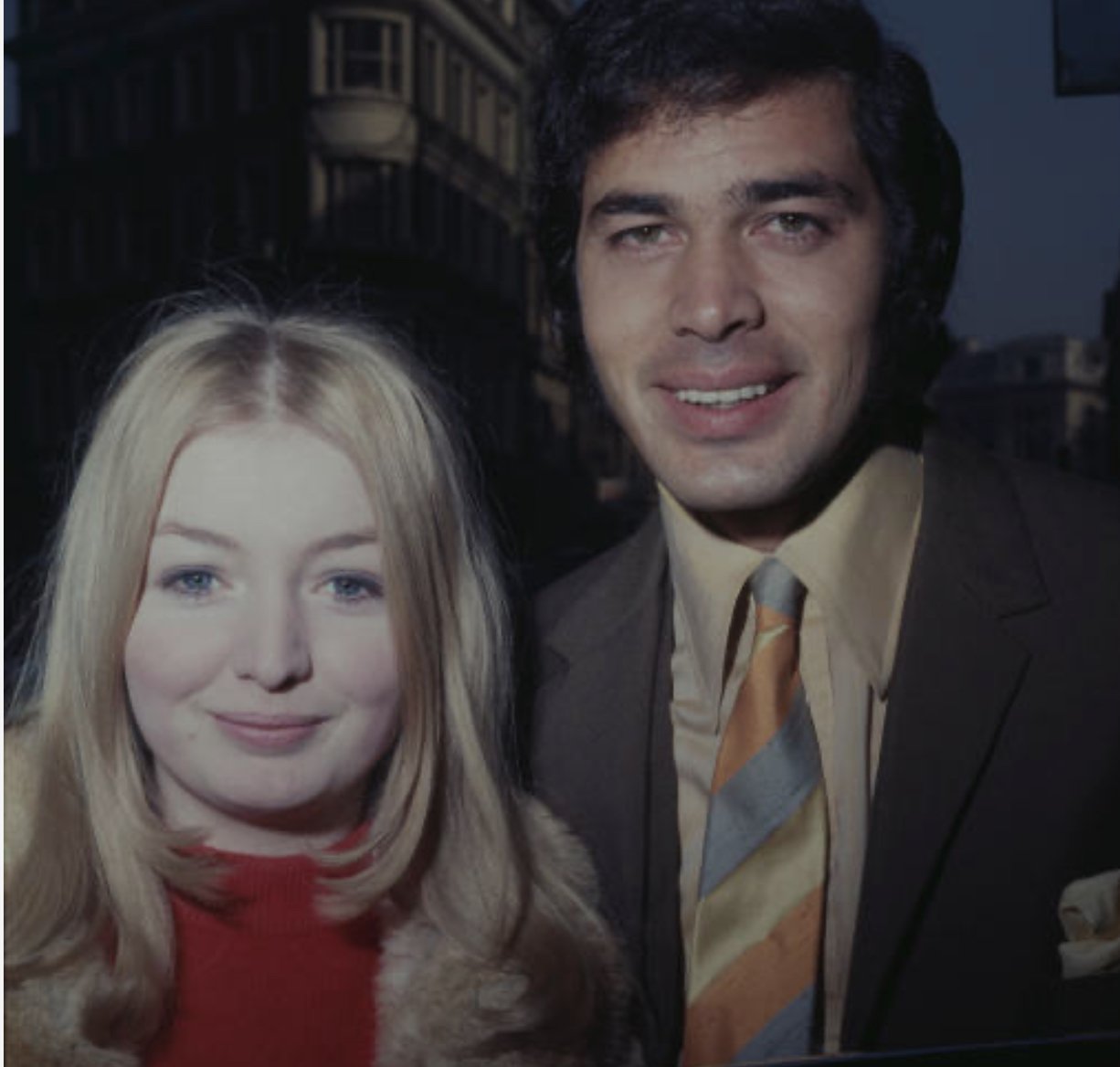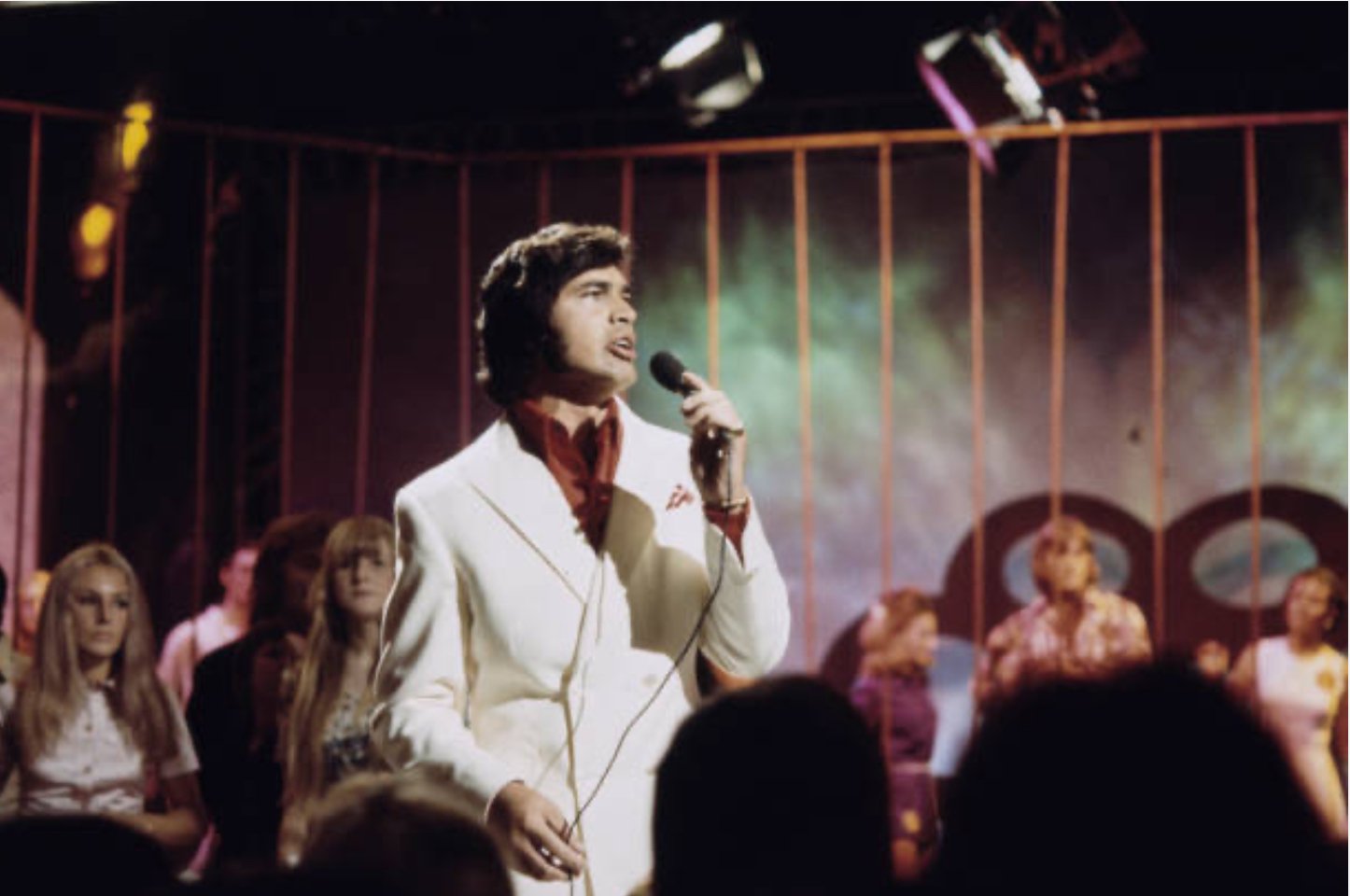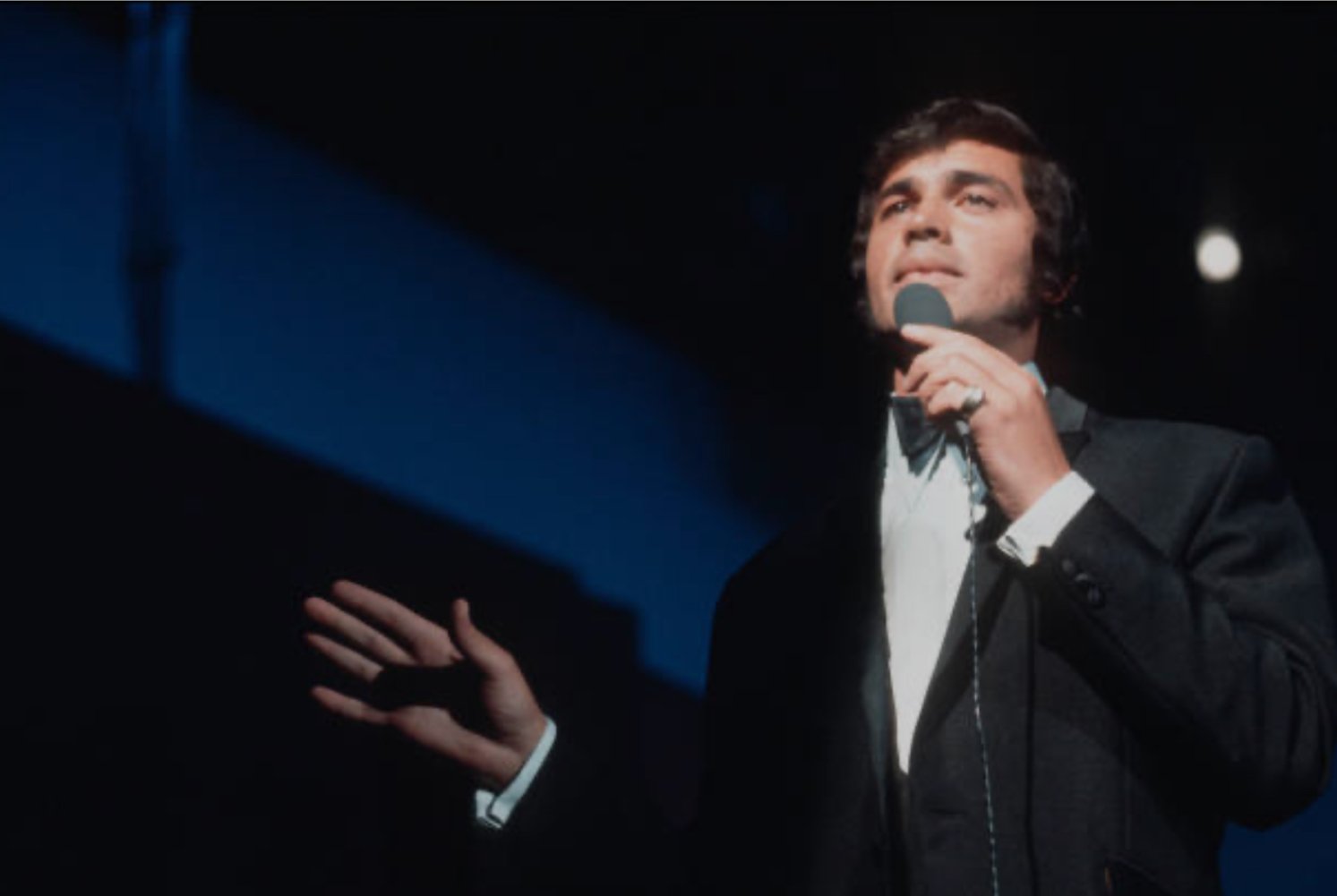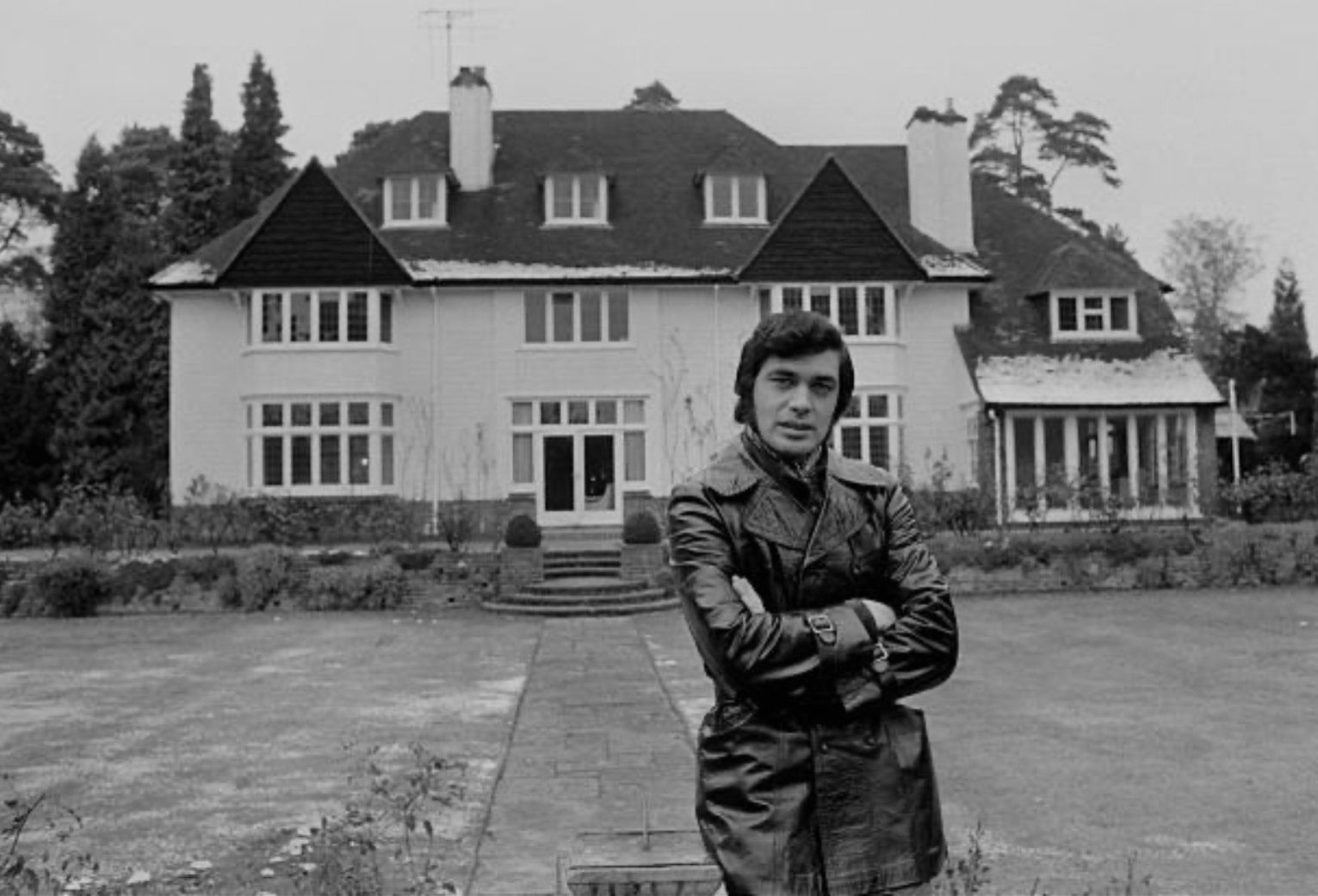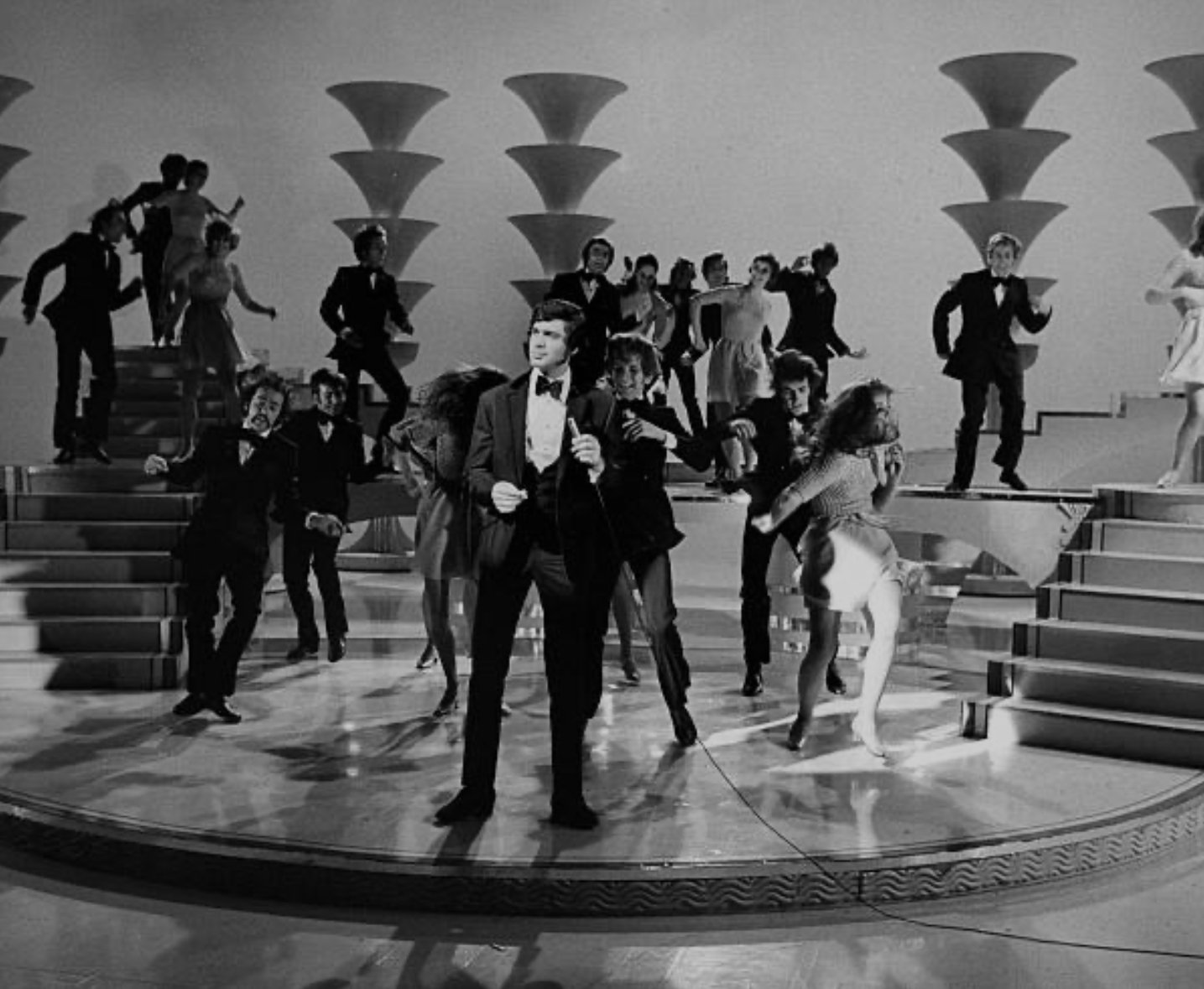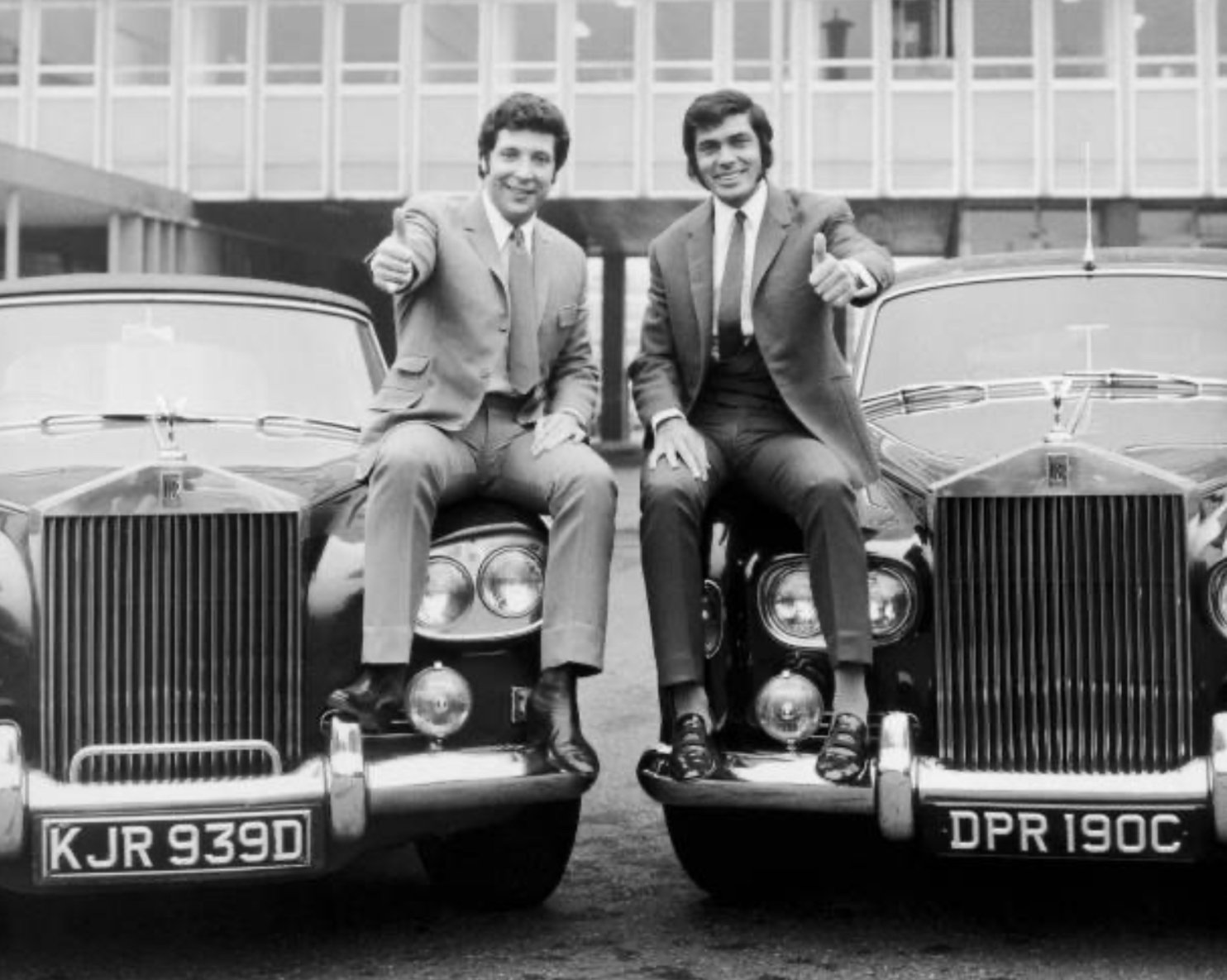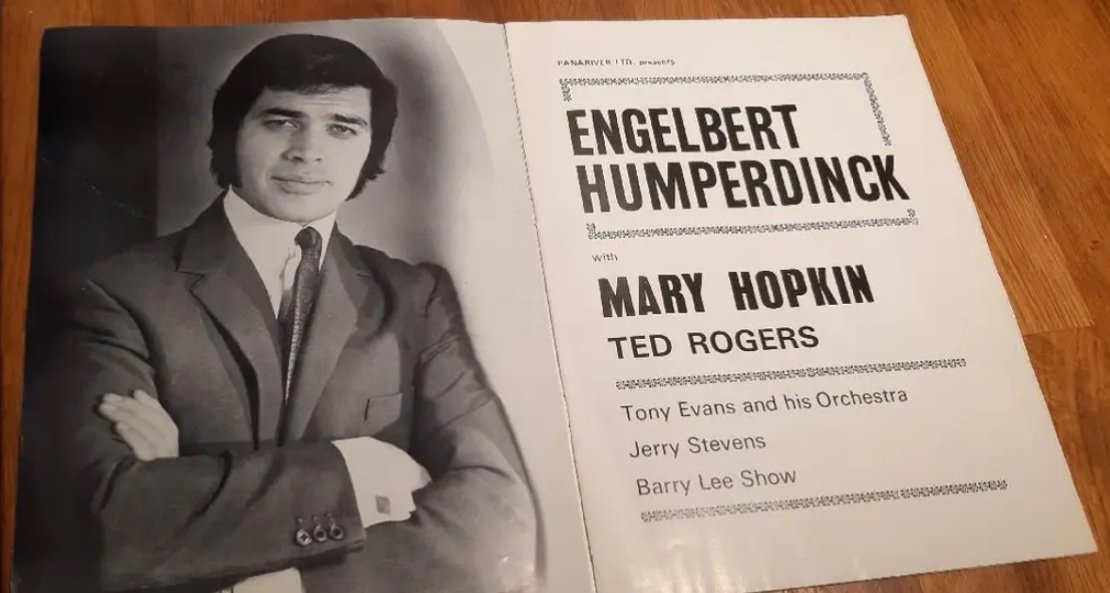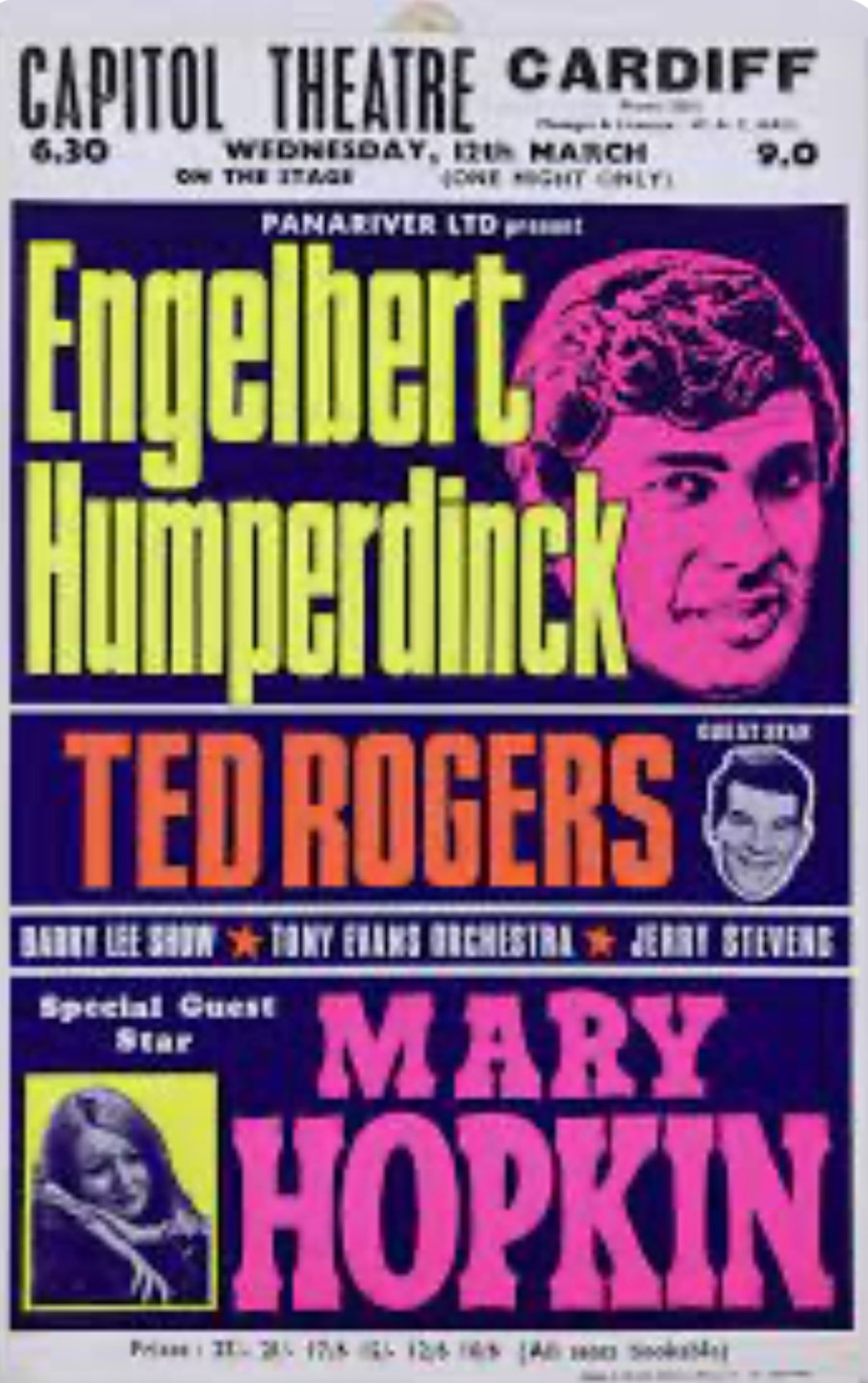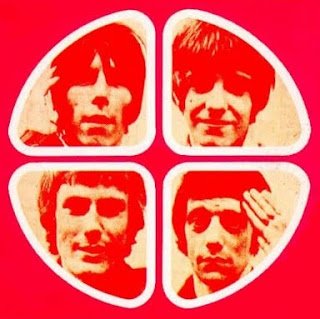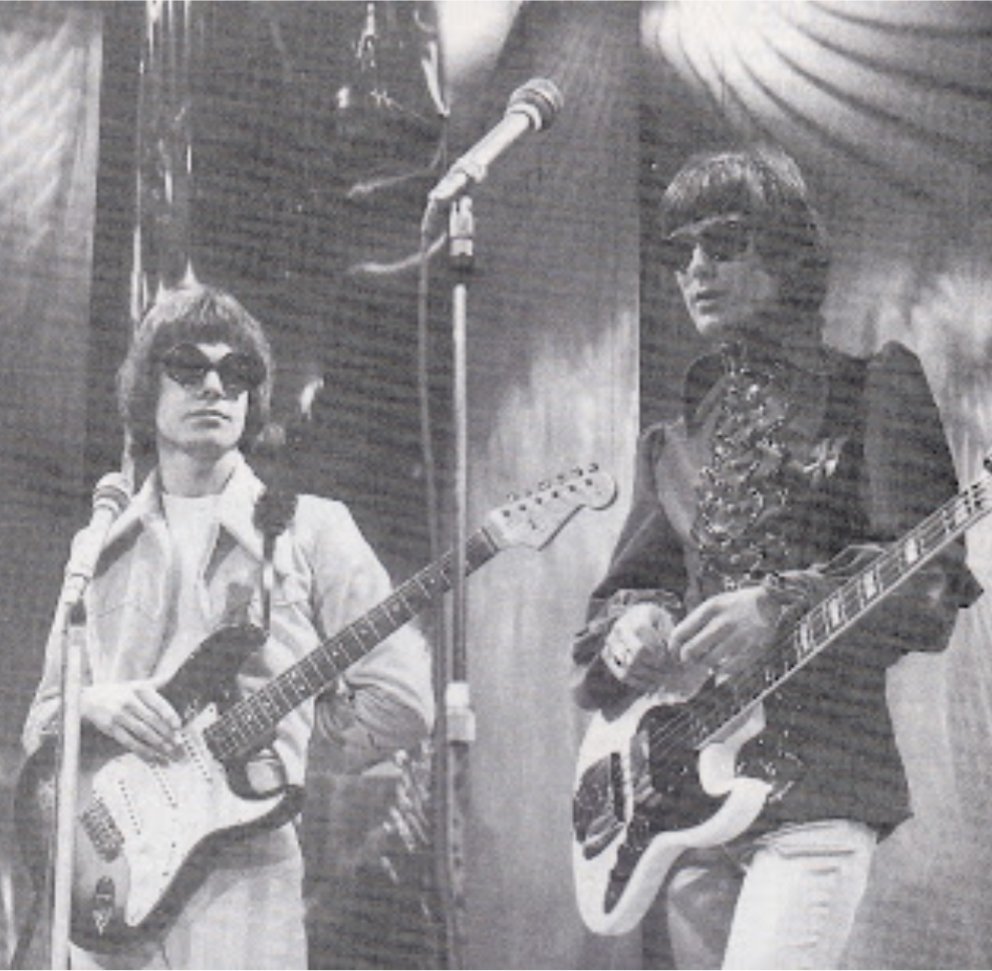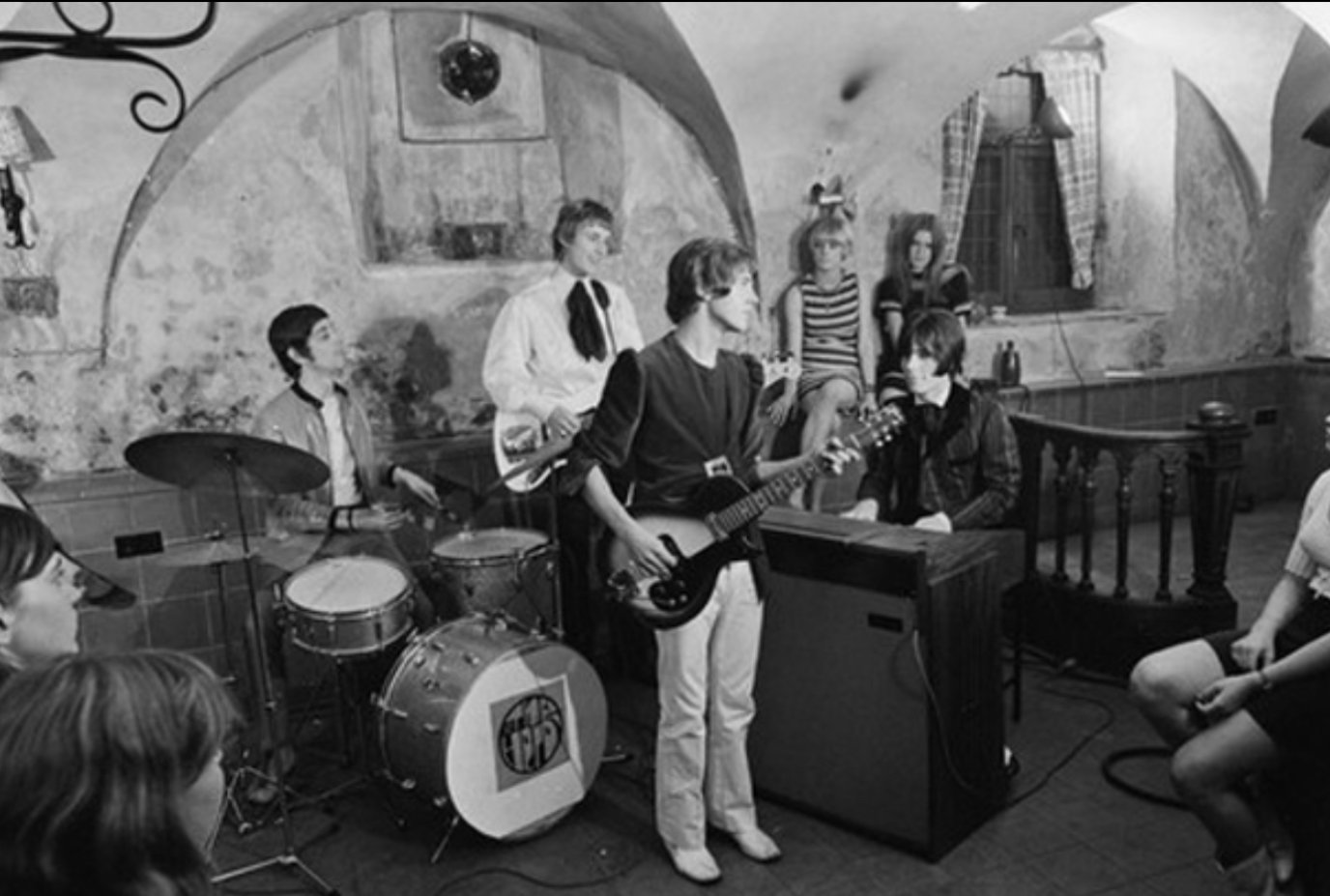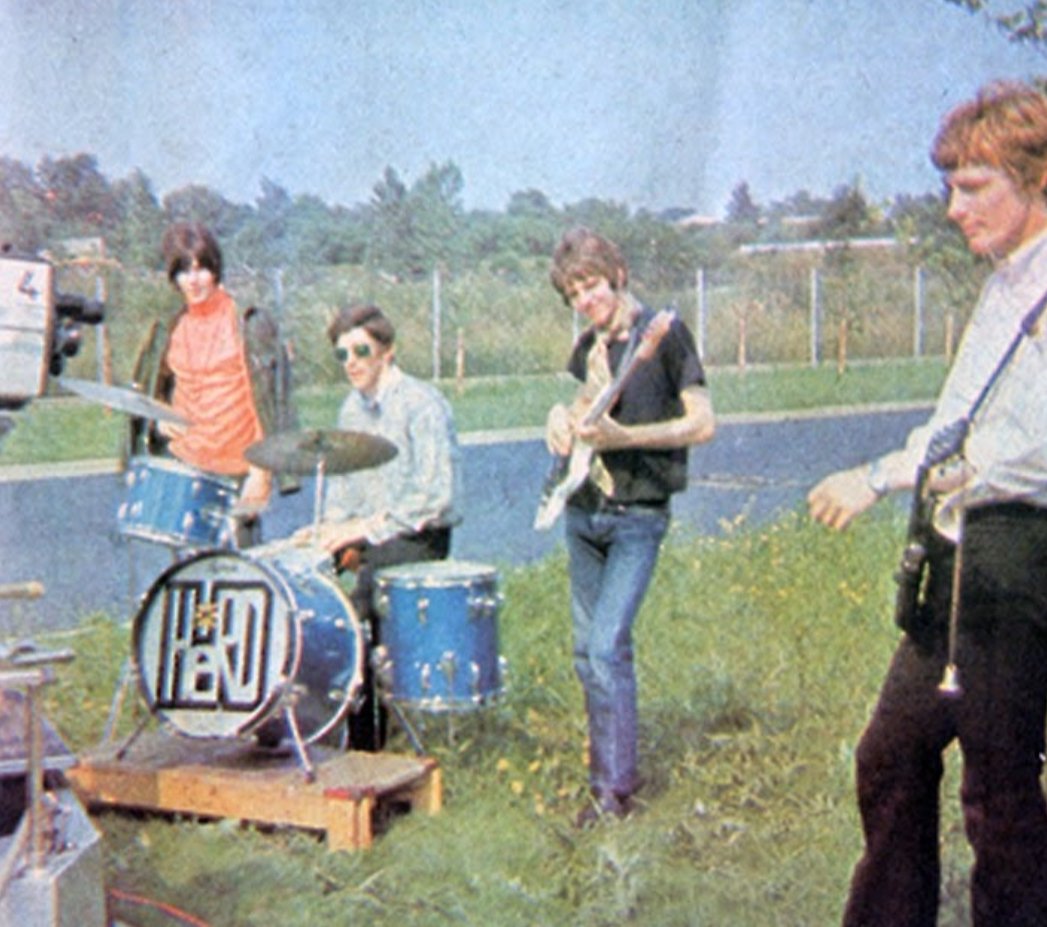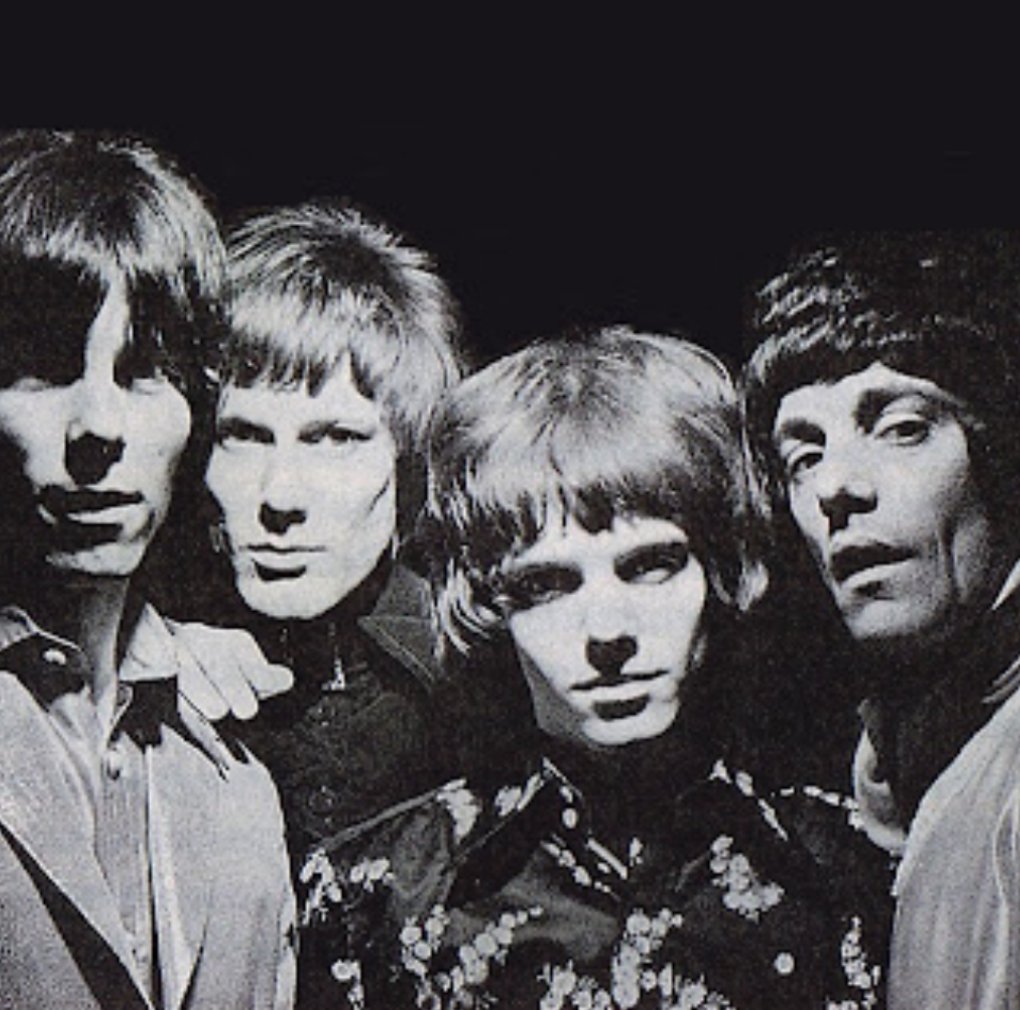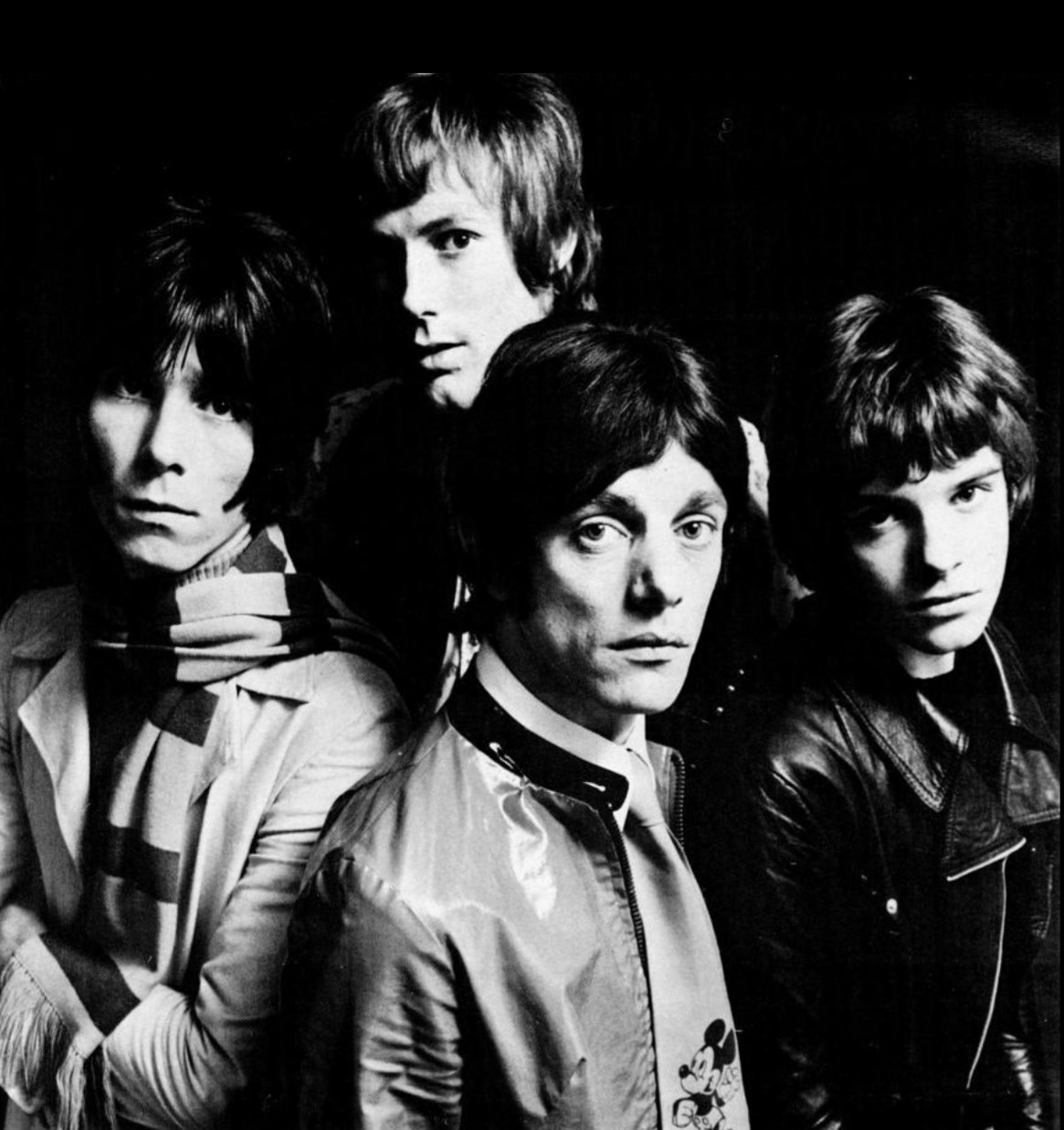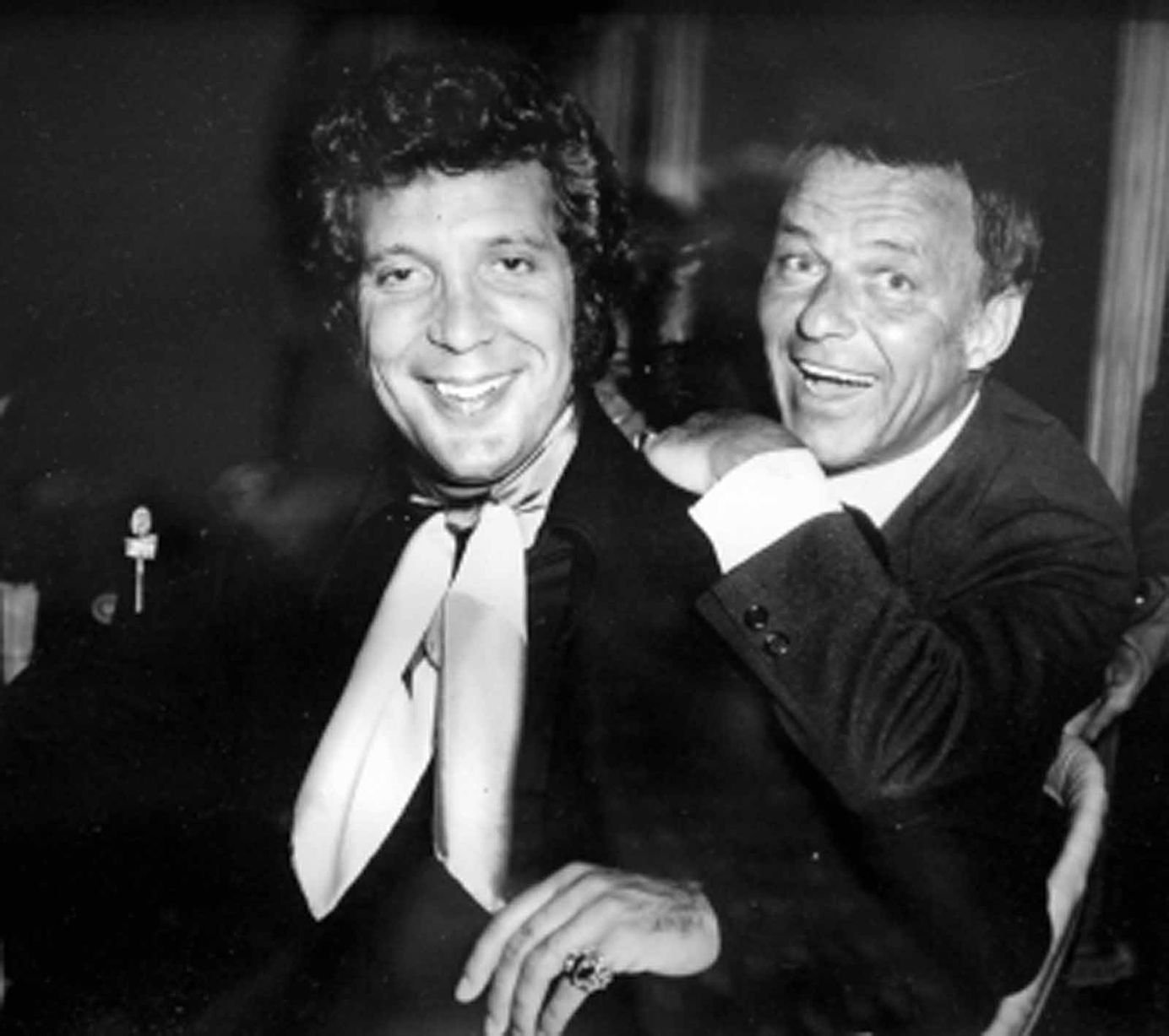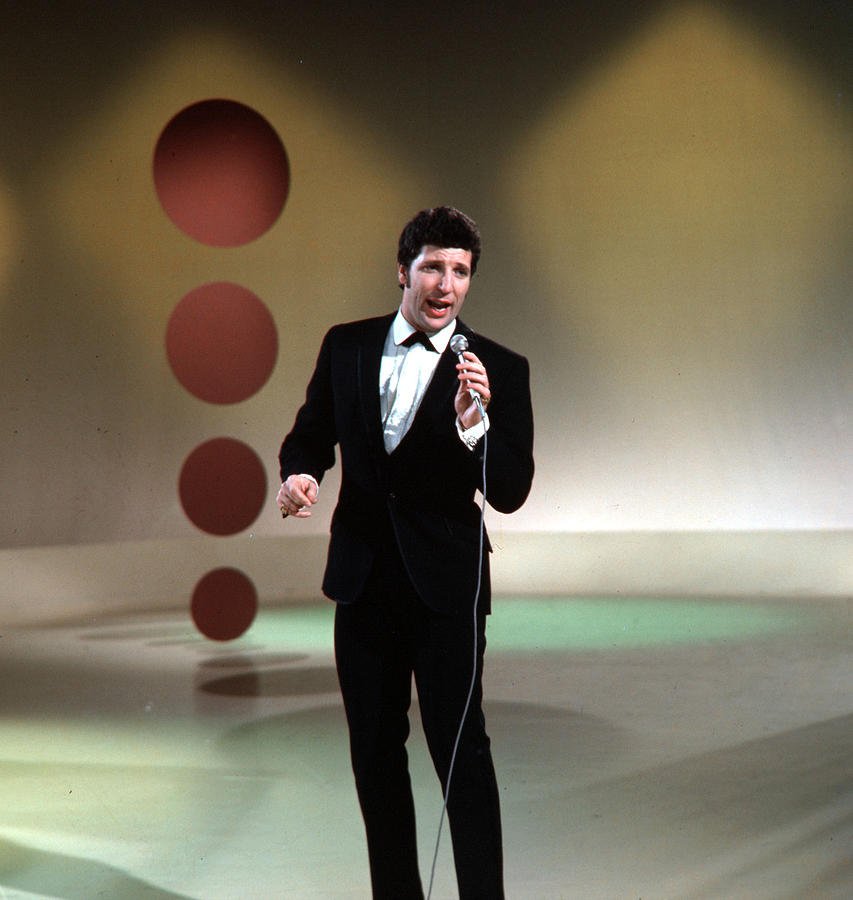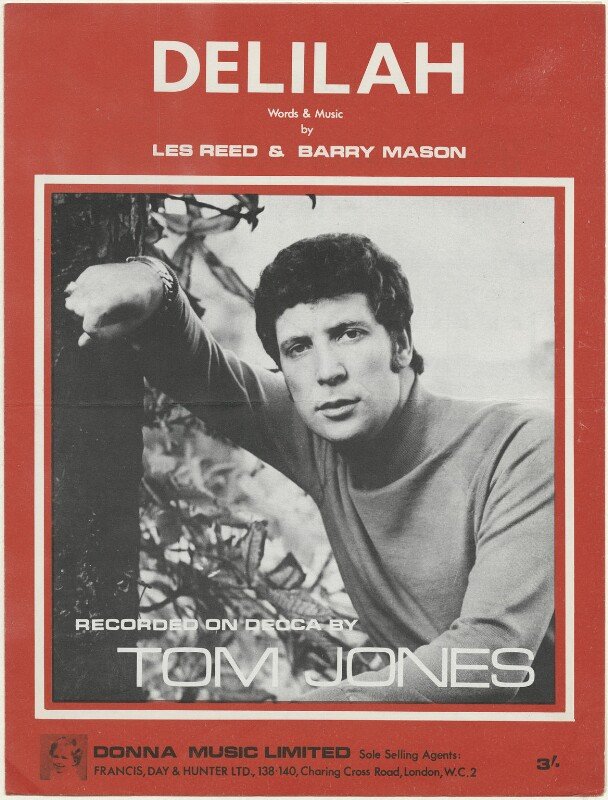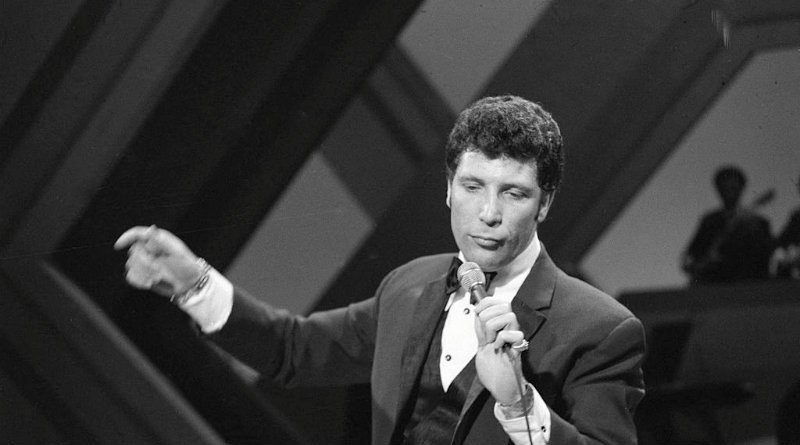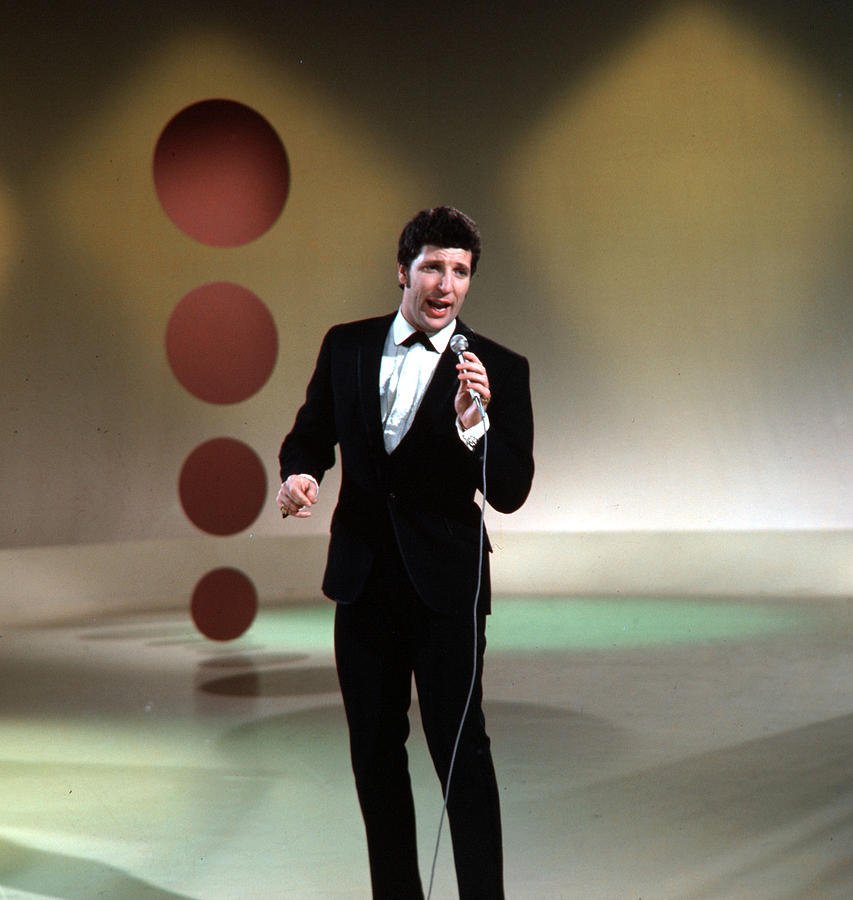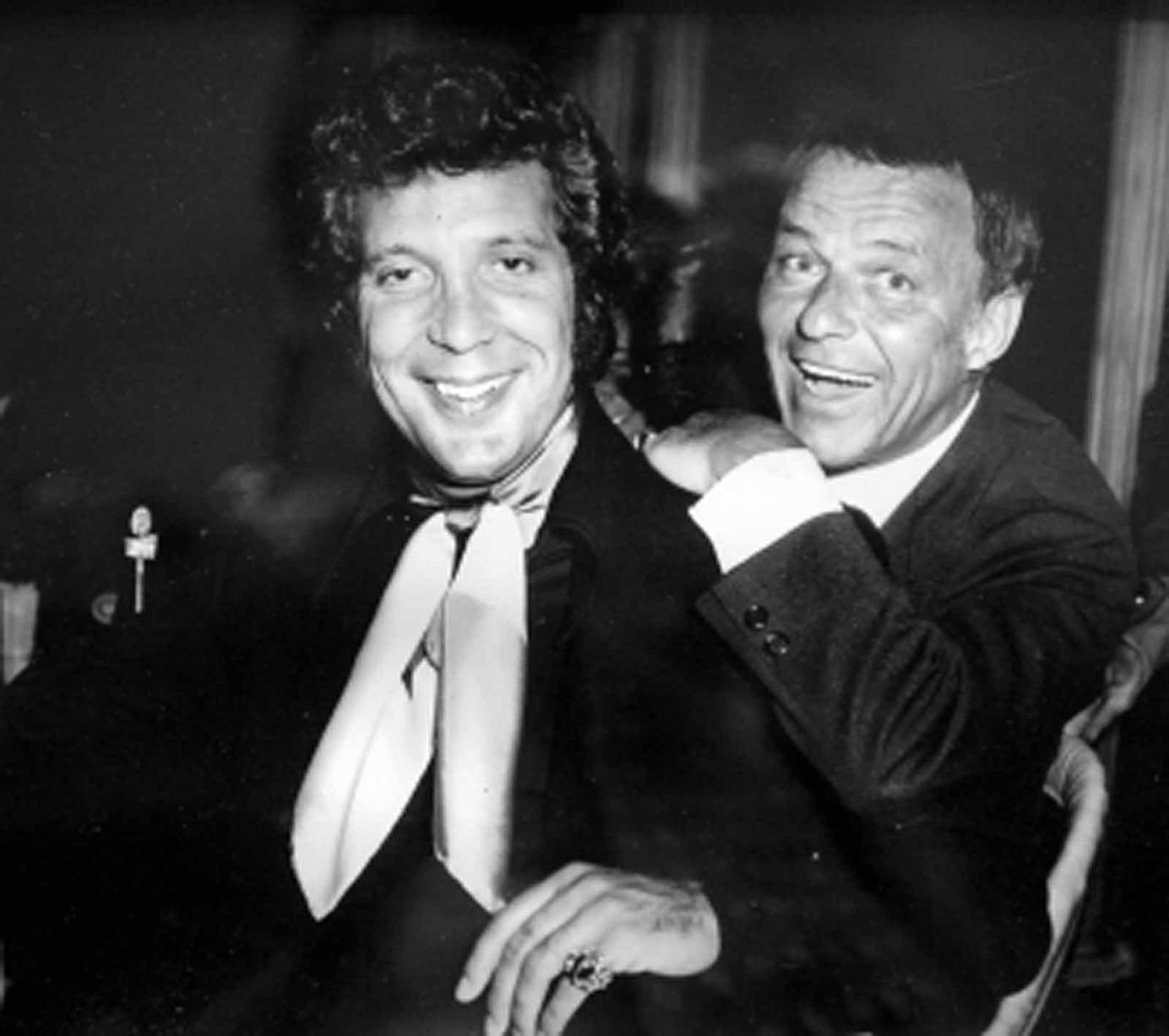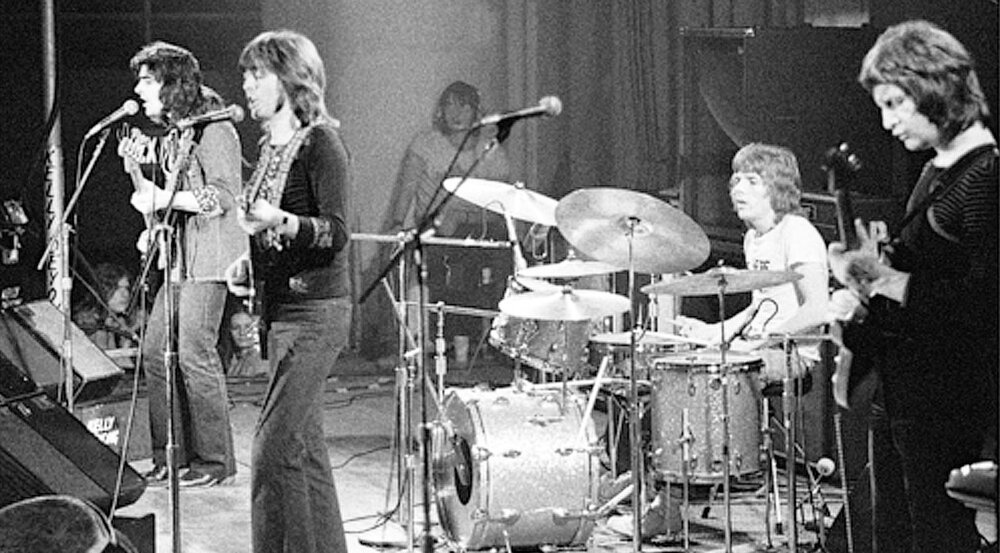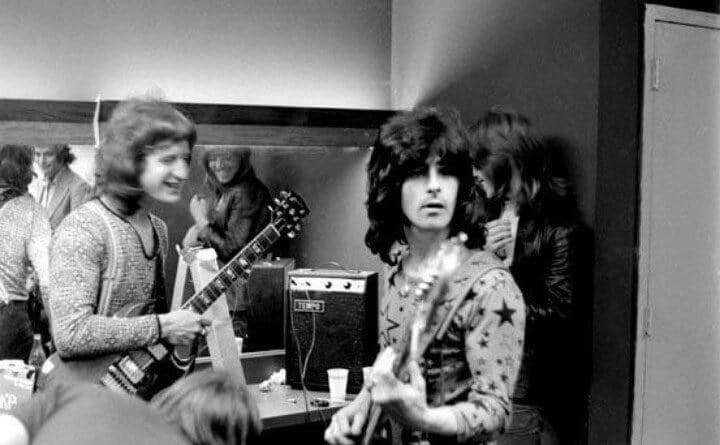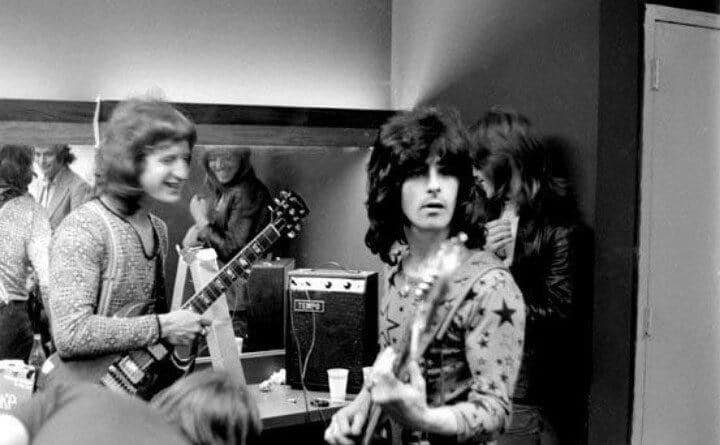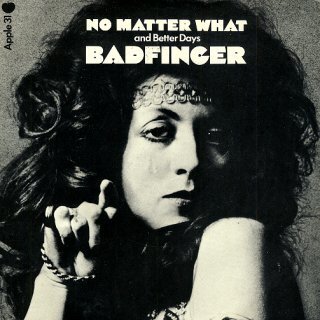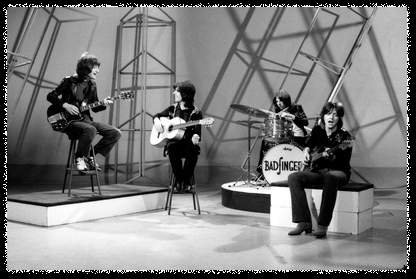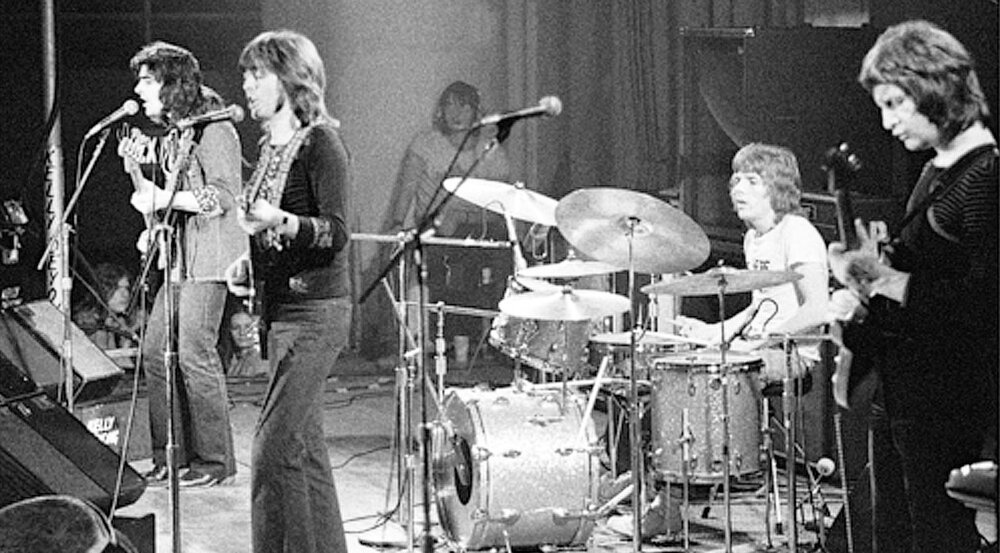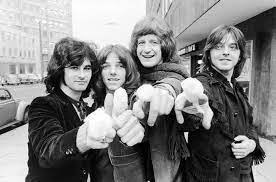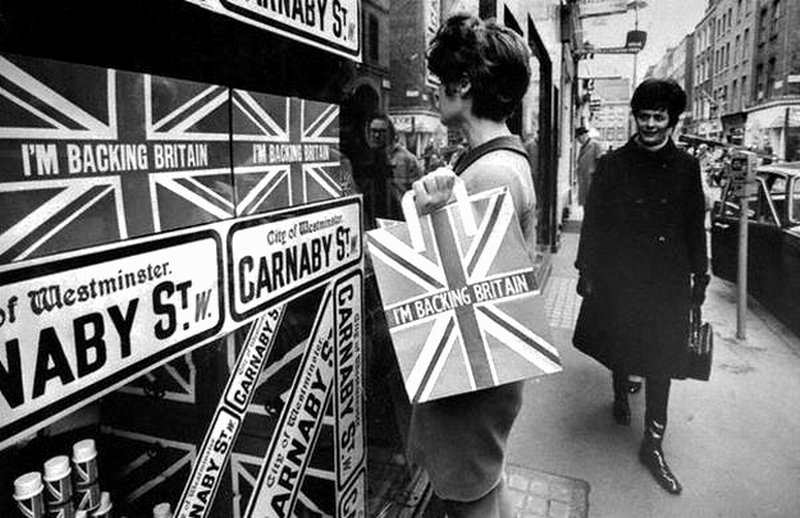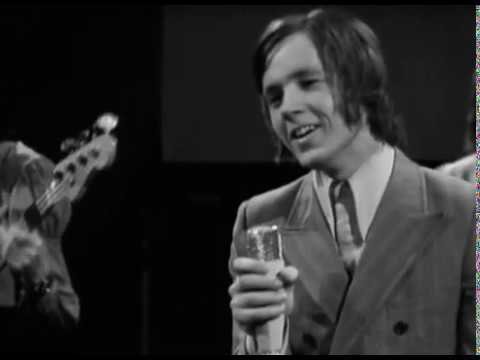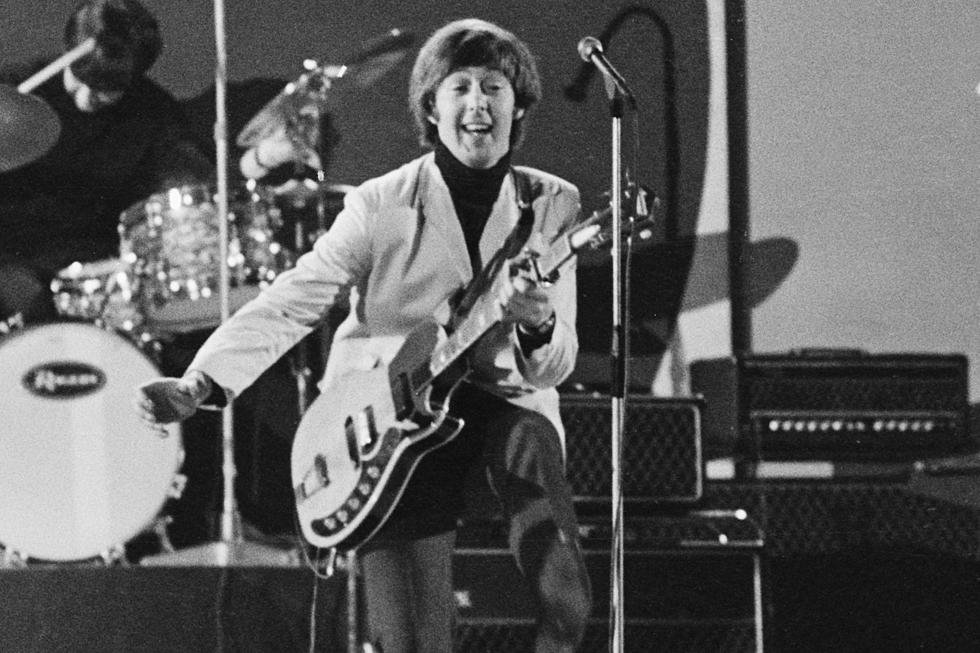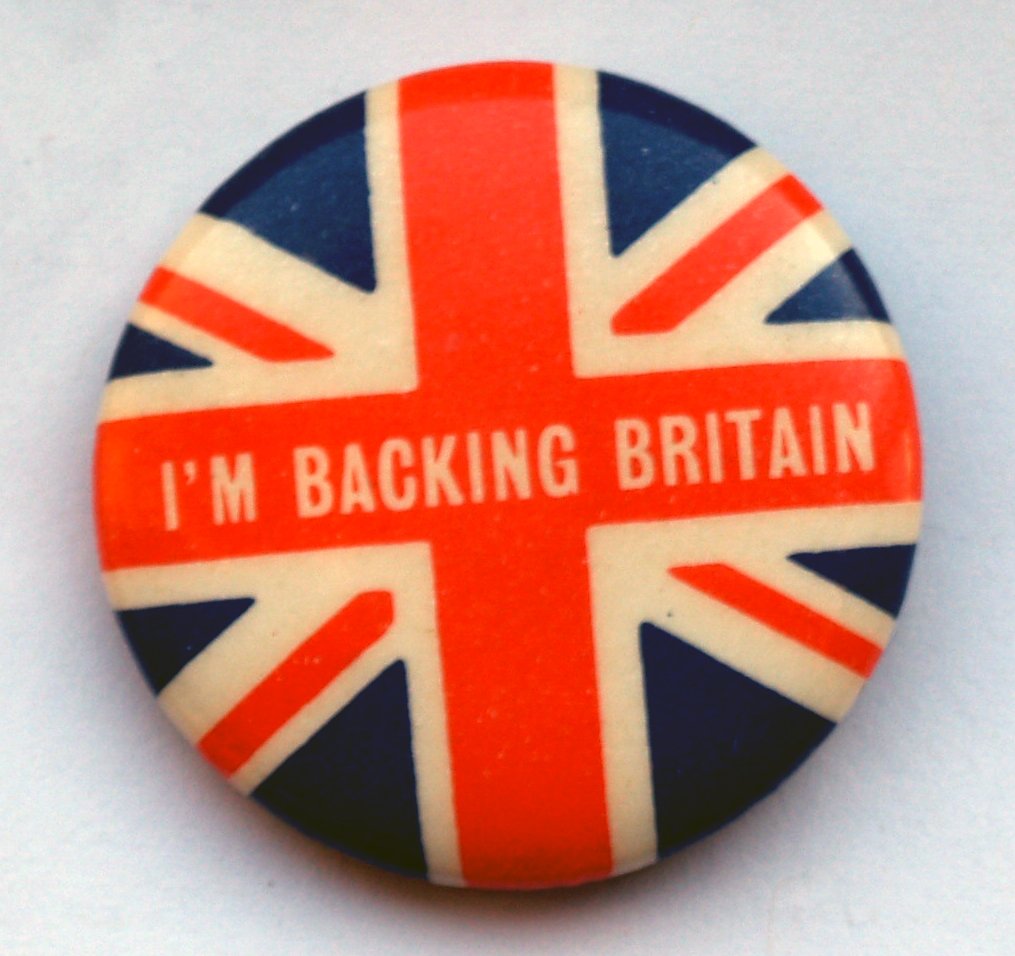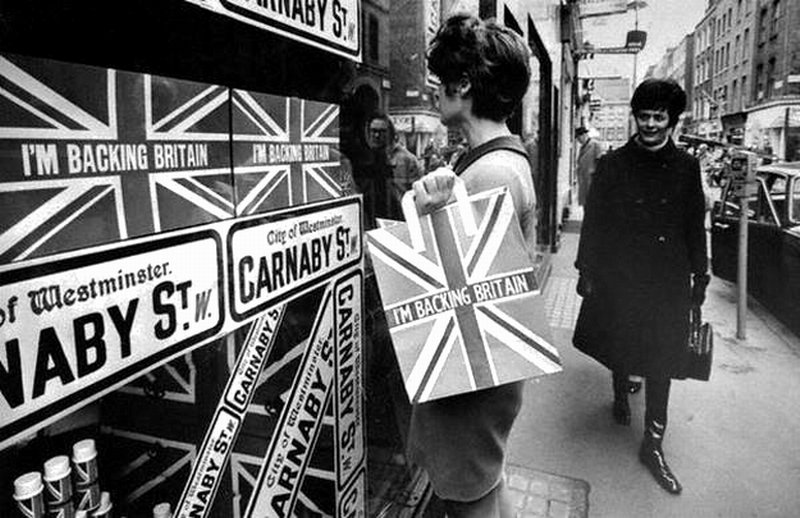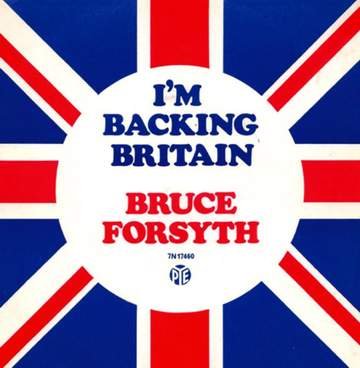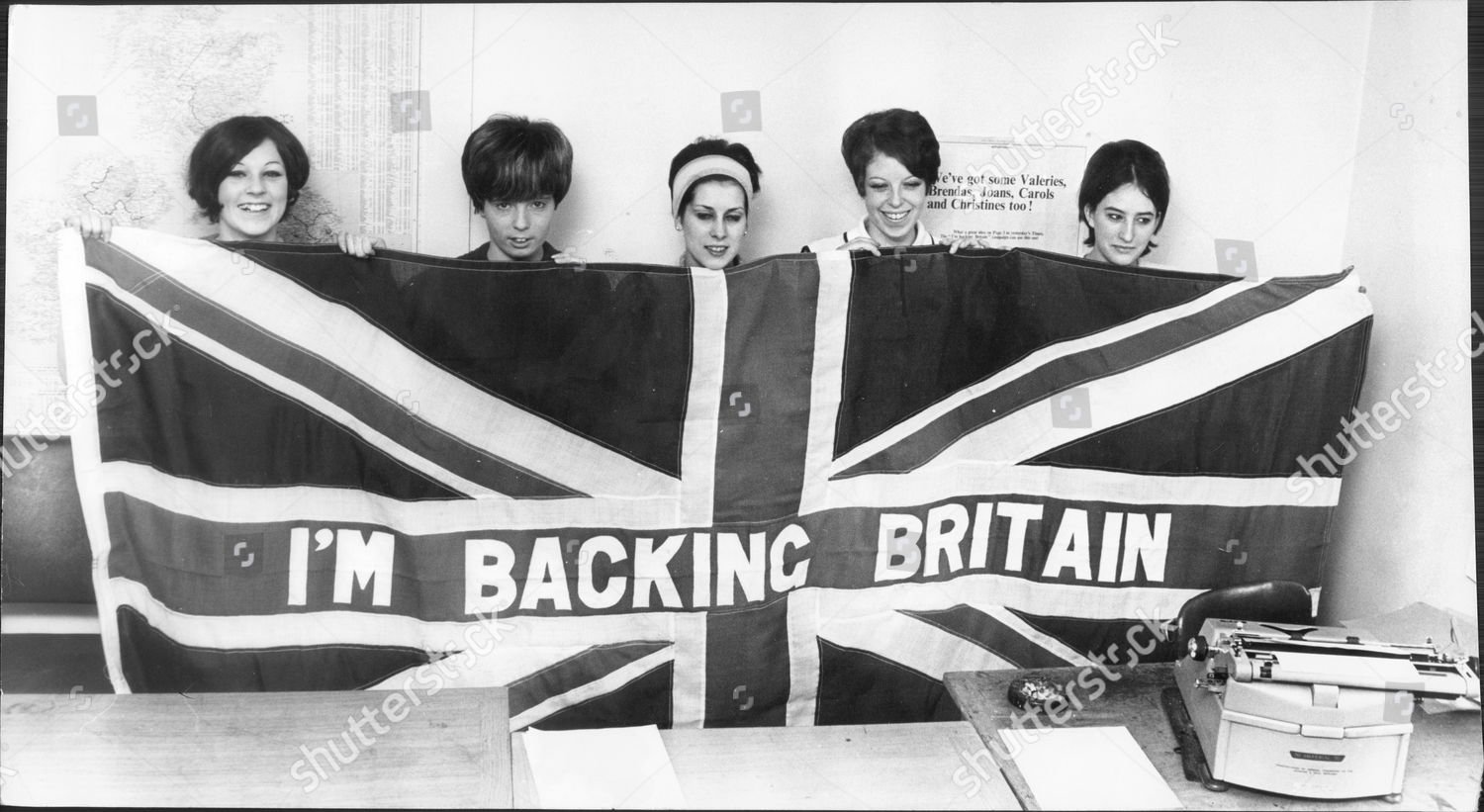Images may be subject to copyright
On this day, 10 April 1965, American singer Bobby Vee played Sophia Gardens. Also featured on the bill were, Dusty Springfield, The Zombies, The Searchers, Tony Jackson & The Vibrations, Heinz & The Wild Boys, Echoes.
Dusty Springfield and Bobby Vee
Known primarily as a performer of so-called "Brill Building pop" material,[6] Vee went on to record a string of international hits in the 1960s, including "More Than I Can Say" (1961, UK number 4), "Run to Him" (1961, US number 2; UK number 6), "The Night Has A Thousand Eyes" (1963, US number 3; UK number 3) and "Come Back When You Grow Up" (1967, US number 3).
On the recording of "Come Back When You Grow Up", Bobby Vee and The Strangers are credited. However, that was merely the record label giving a name to the studio musicians working that day. Bobby's original band, The Shadows, backed him on the road; upon learning of the UK band The Shadows who backed Cliff Richard, the band changed its name to The Strangers. In 1961 Vee recorded a version of the song "Lollipop", originally by Ronald & Ruby, which also became a success. Vee had a total of ten hit singles in the UK, ending with "Bobby Tomorrow" (UK number 21) in 1963.
In 1963, American Bandstand signed Vee to headline Dick Clark's Caravan of Stars national U.S. tour, scheduled to perform its 15th show on the night of November 22, 1963, at the Memorial Auditorium in Dallas, Texas. The Friday evening event was cancelled after U.S. President John F. Kennedy was assassinated that afternoon while touring Dallas in an open car caravan.
Vee was also a pioneer in the music video genre, appearing in several musical films and in the Scopitone series of early film-and-music jukebox recordings.






